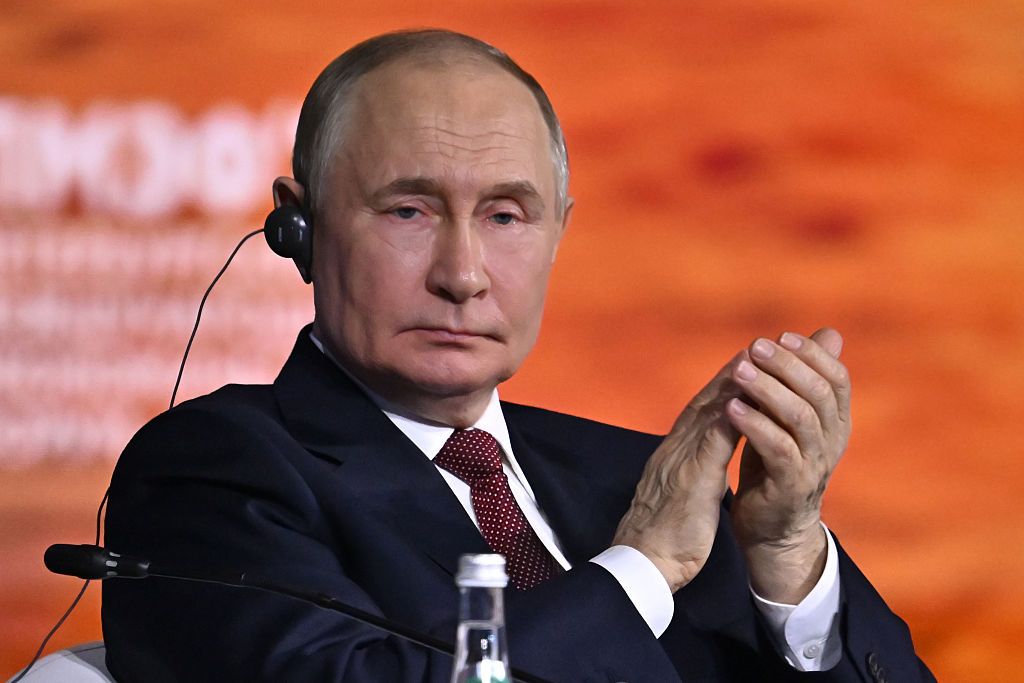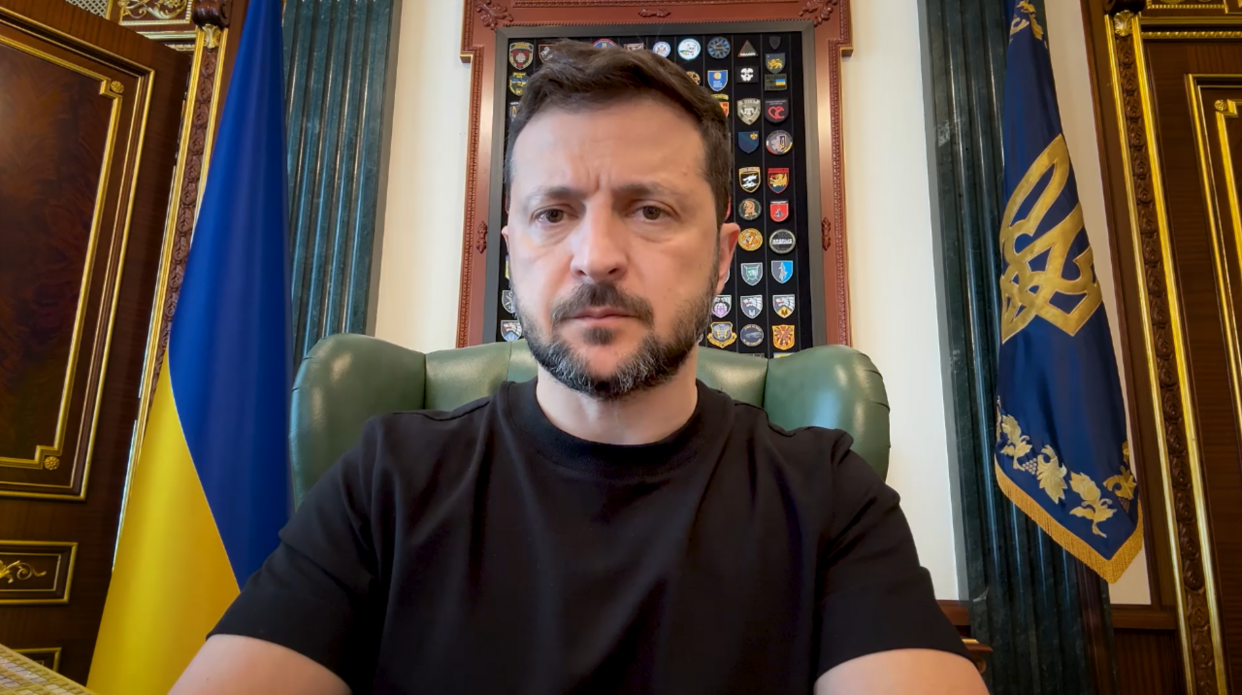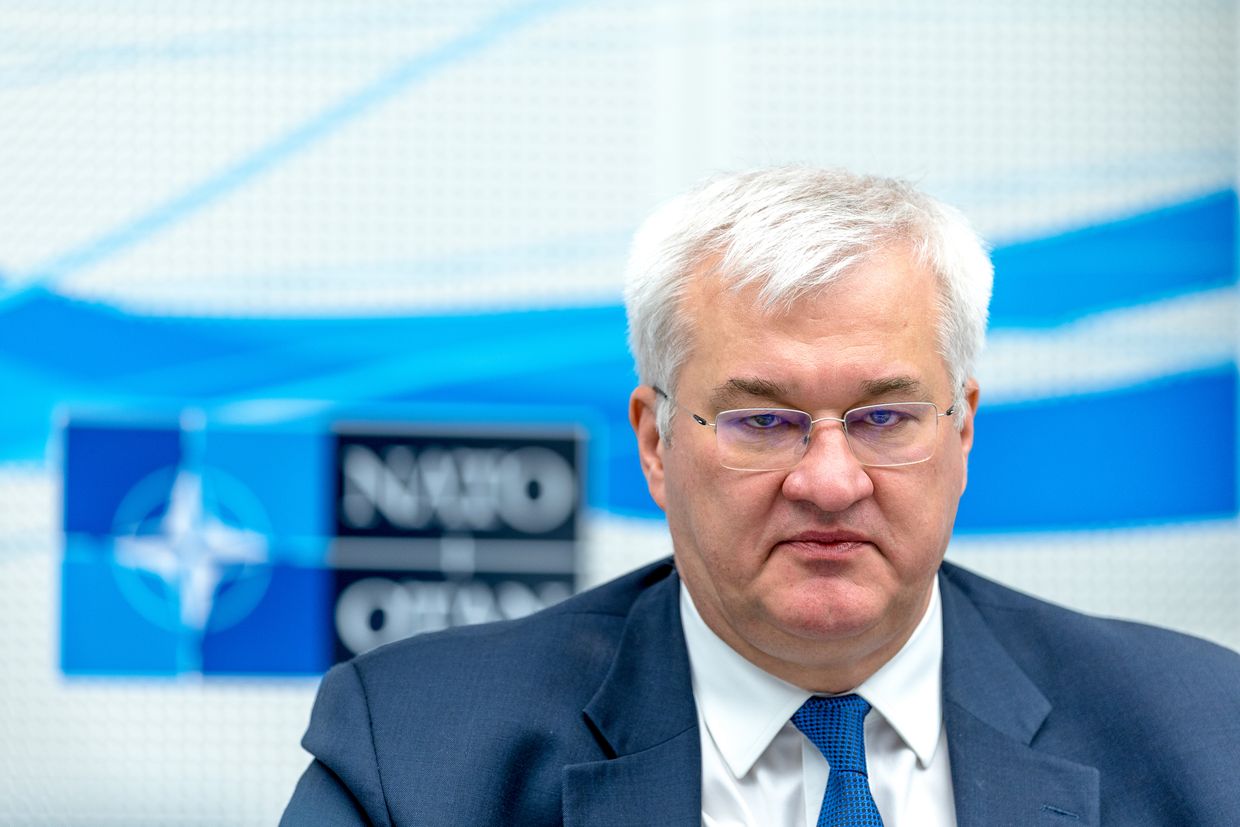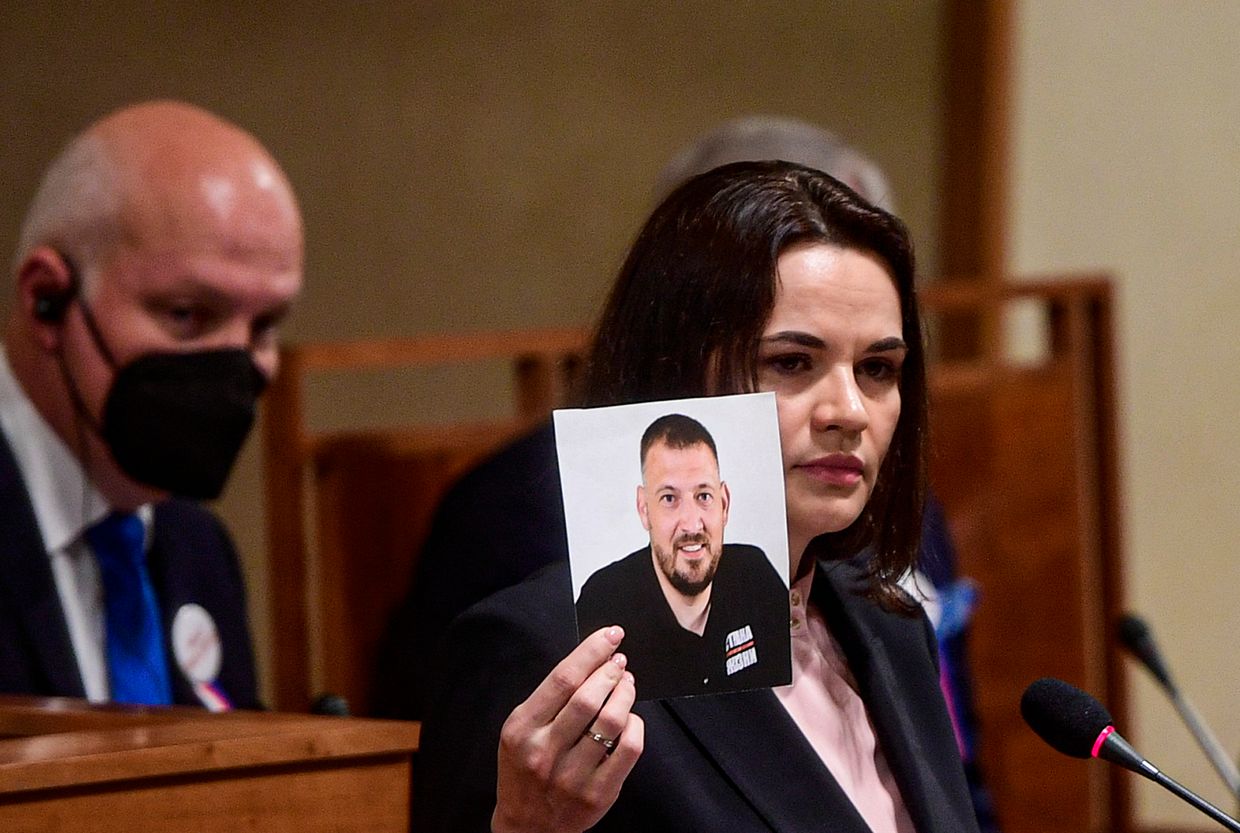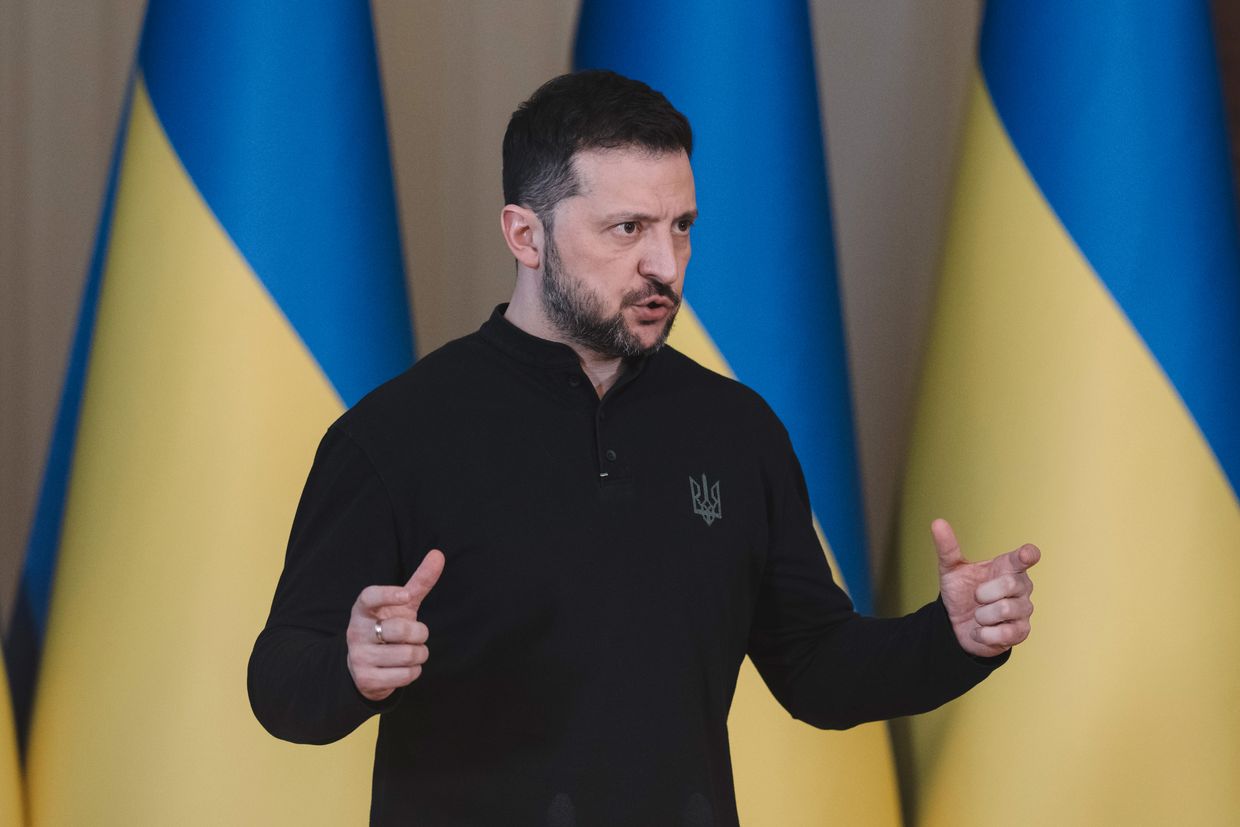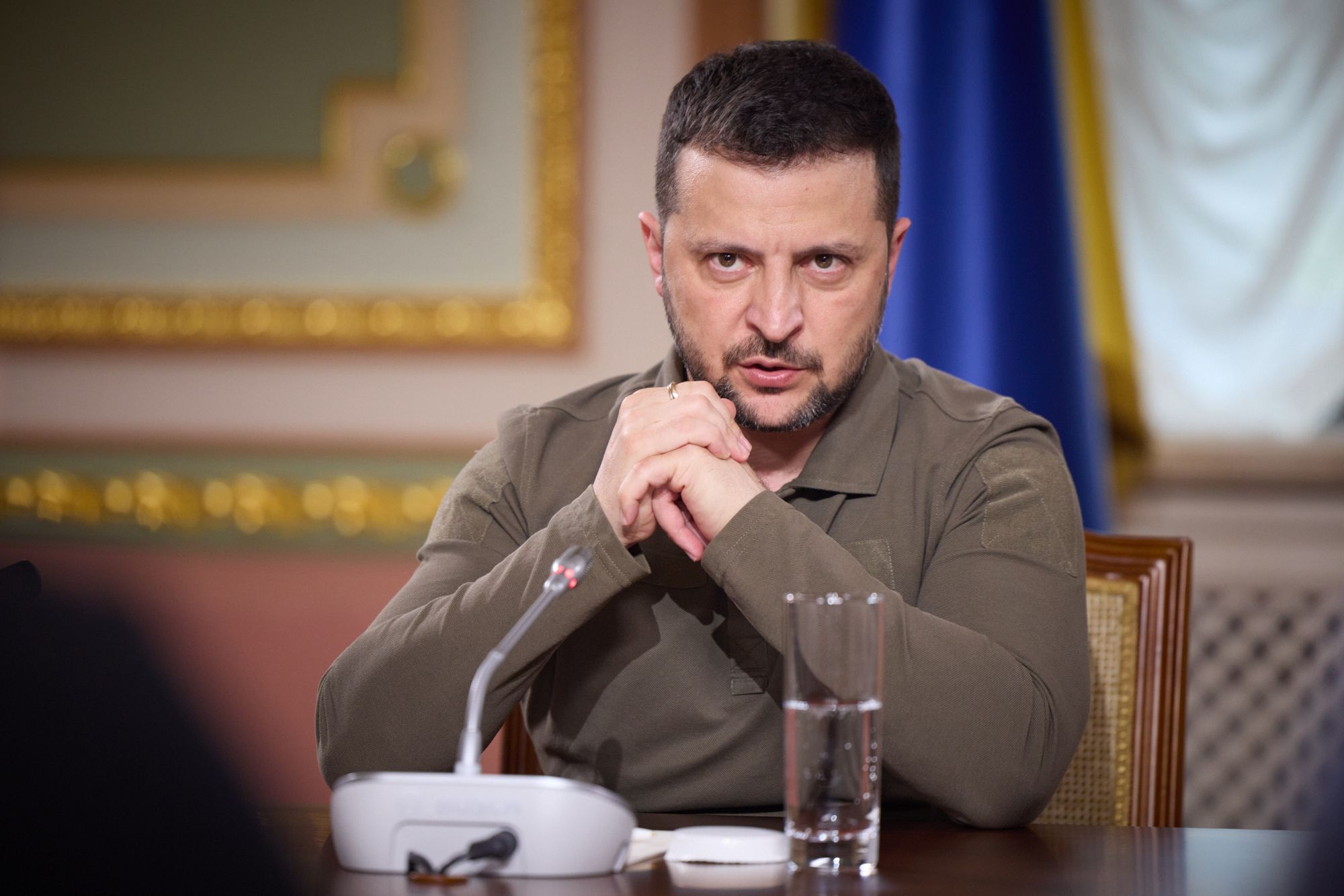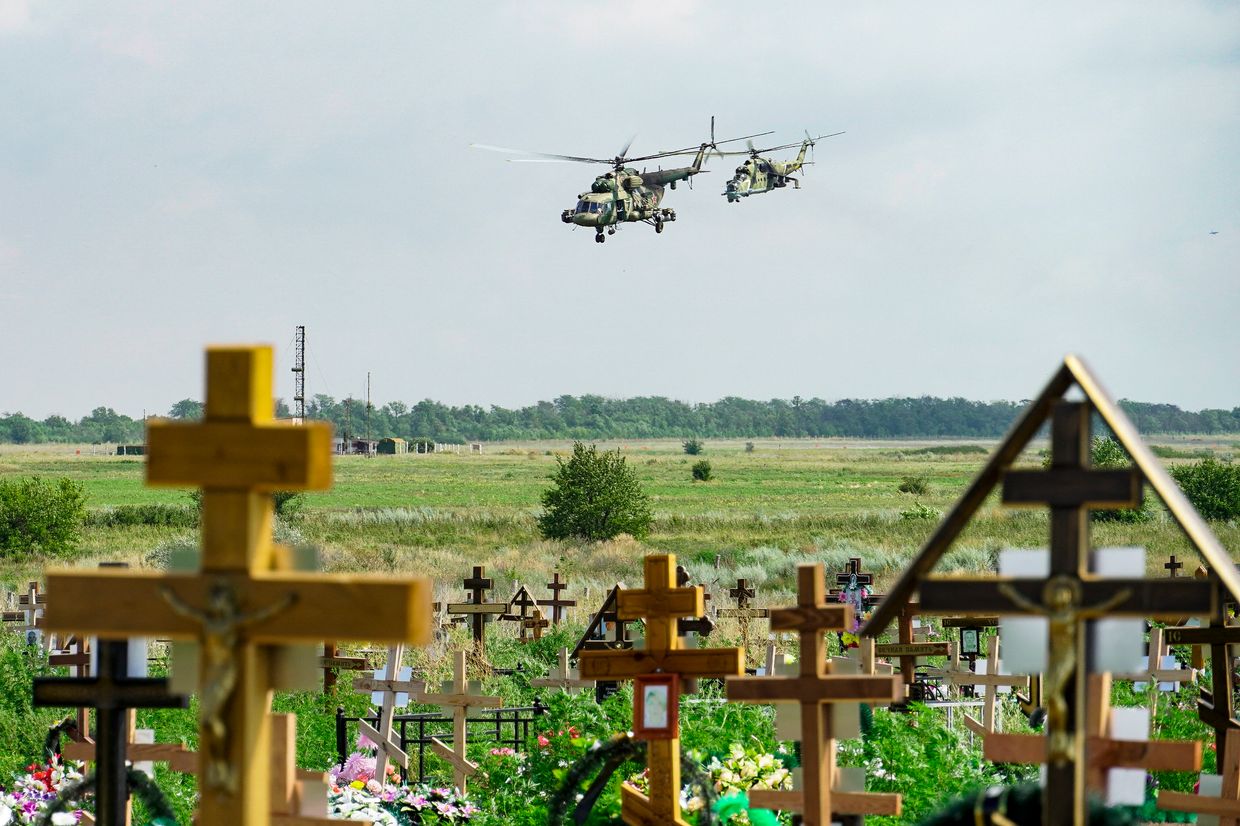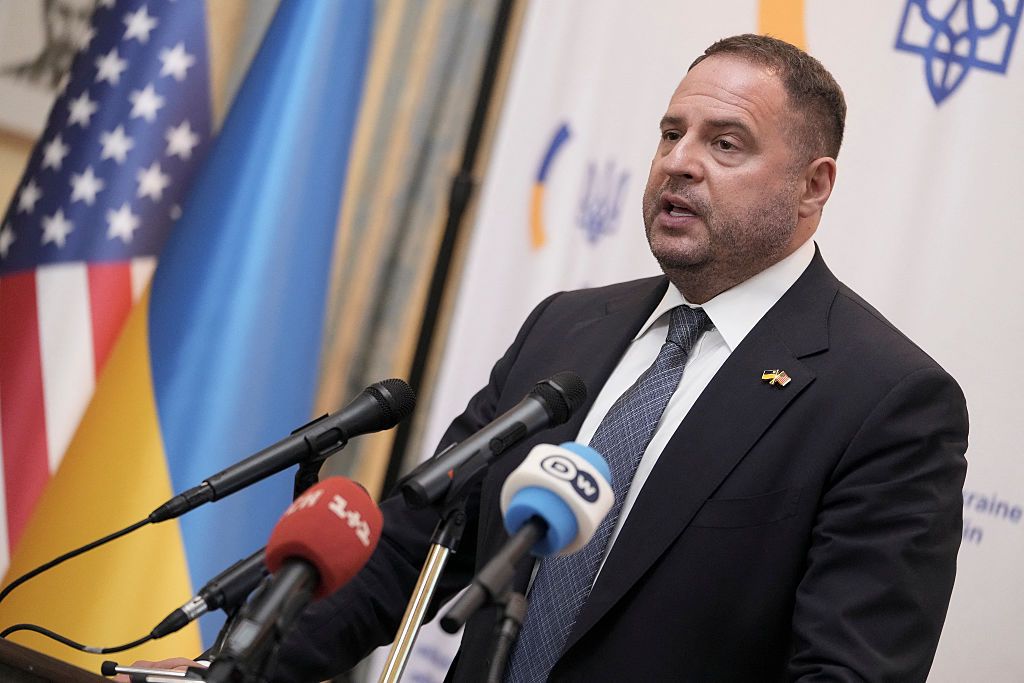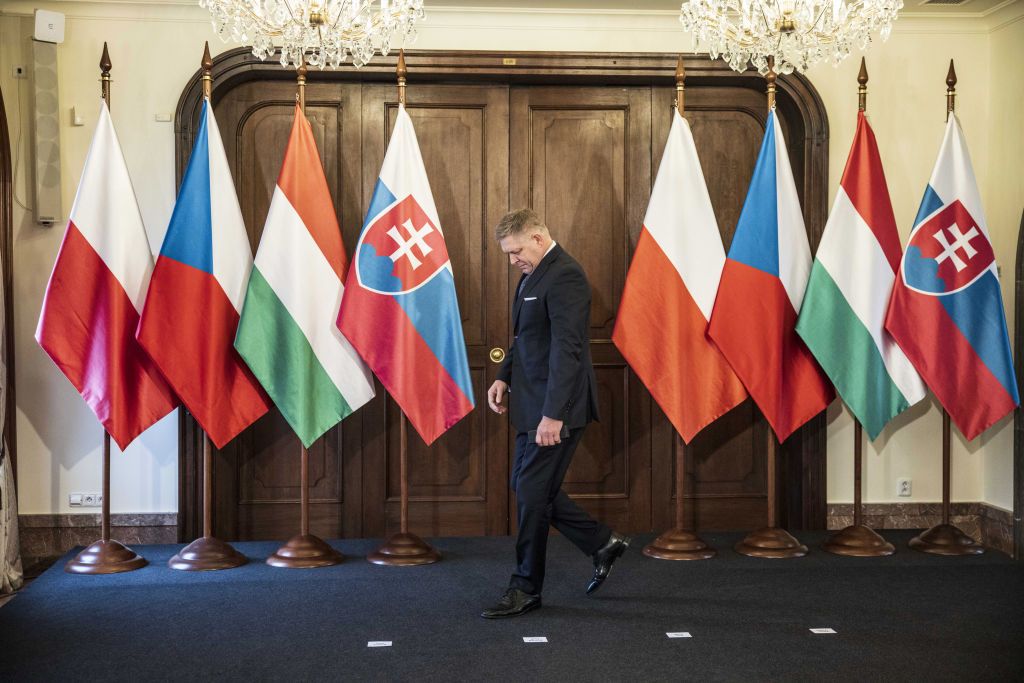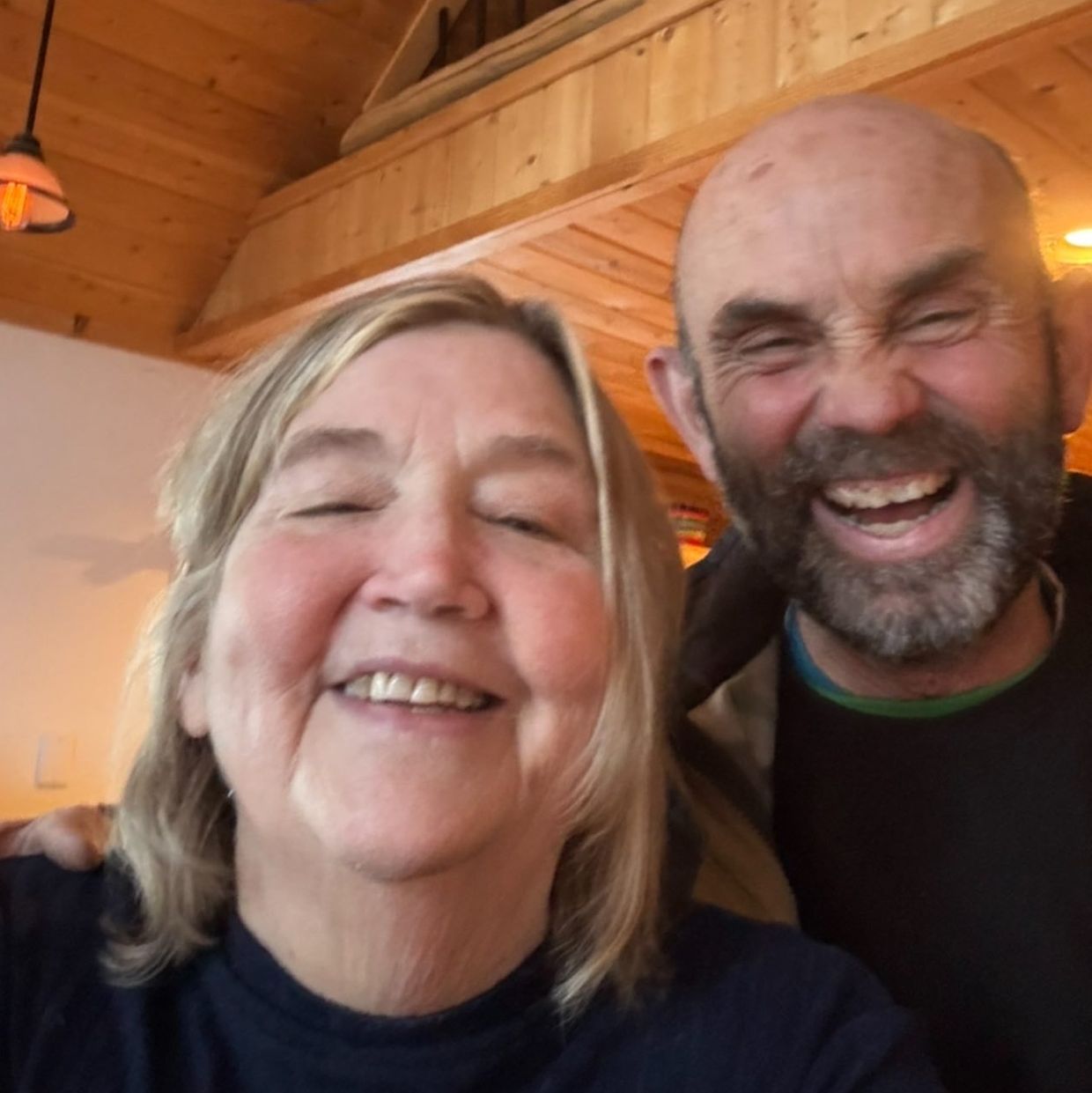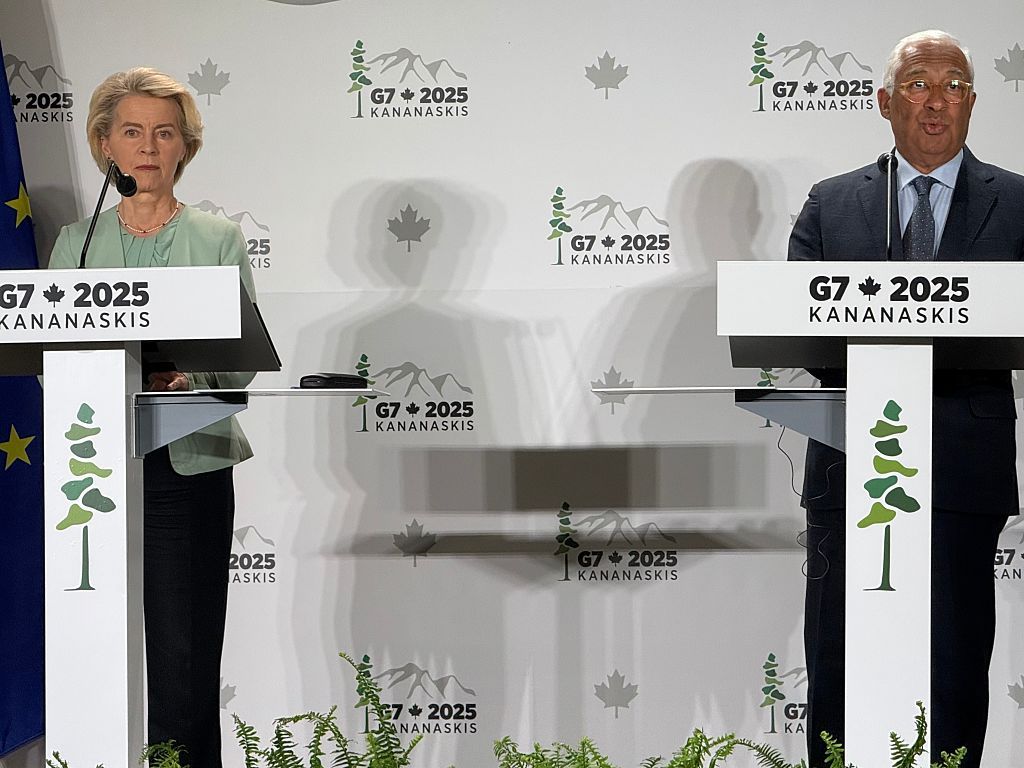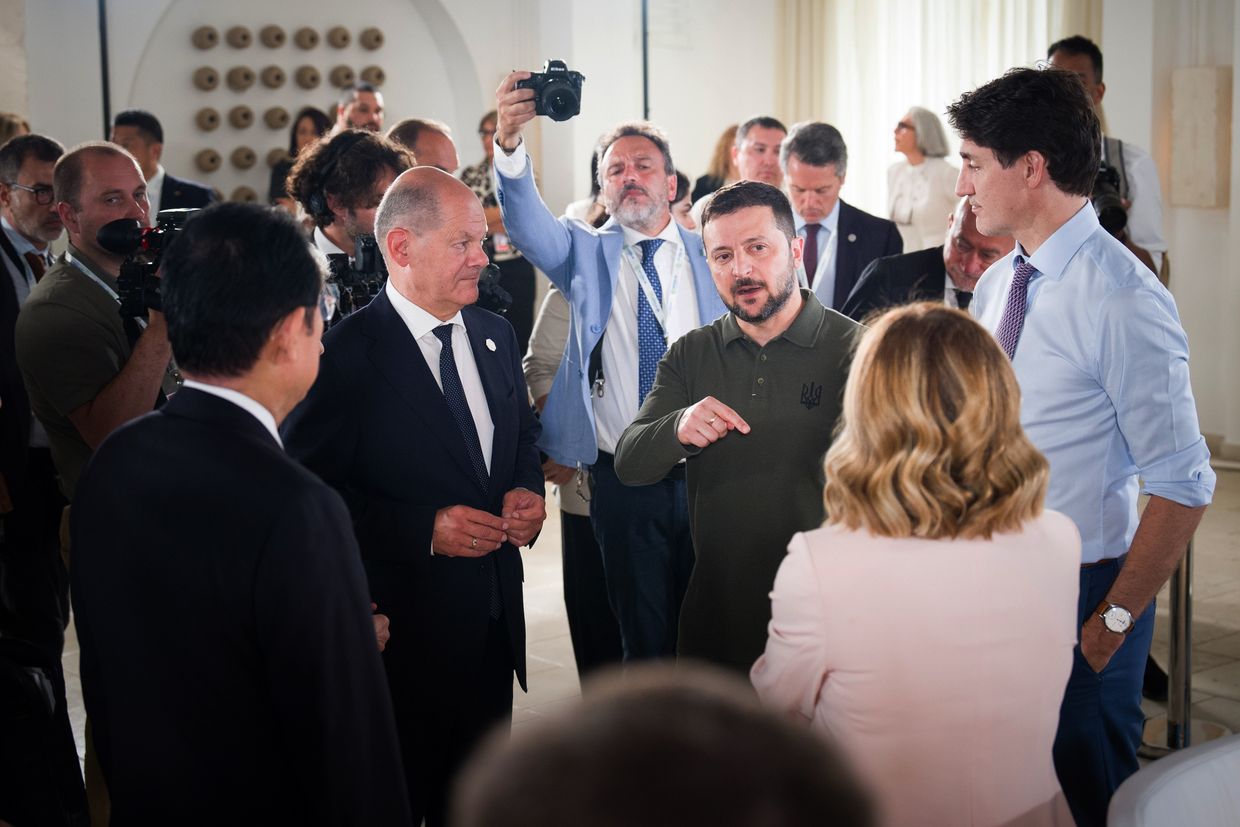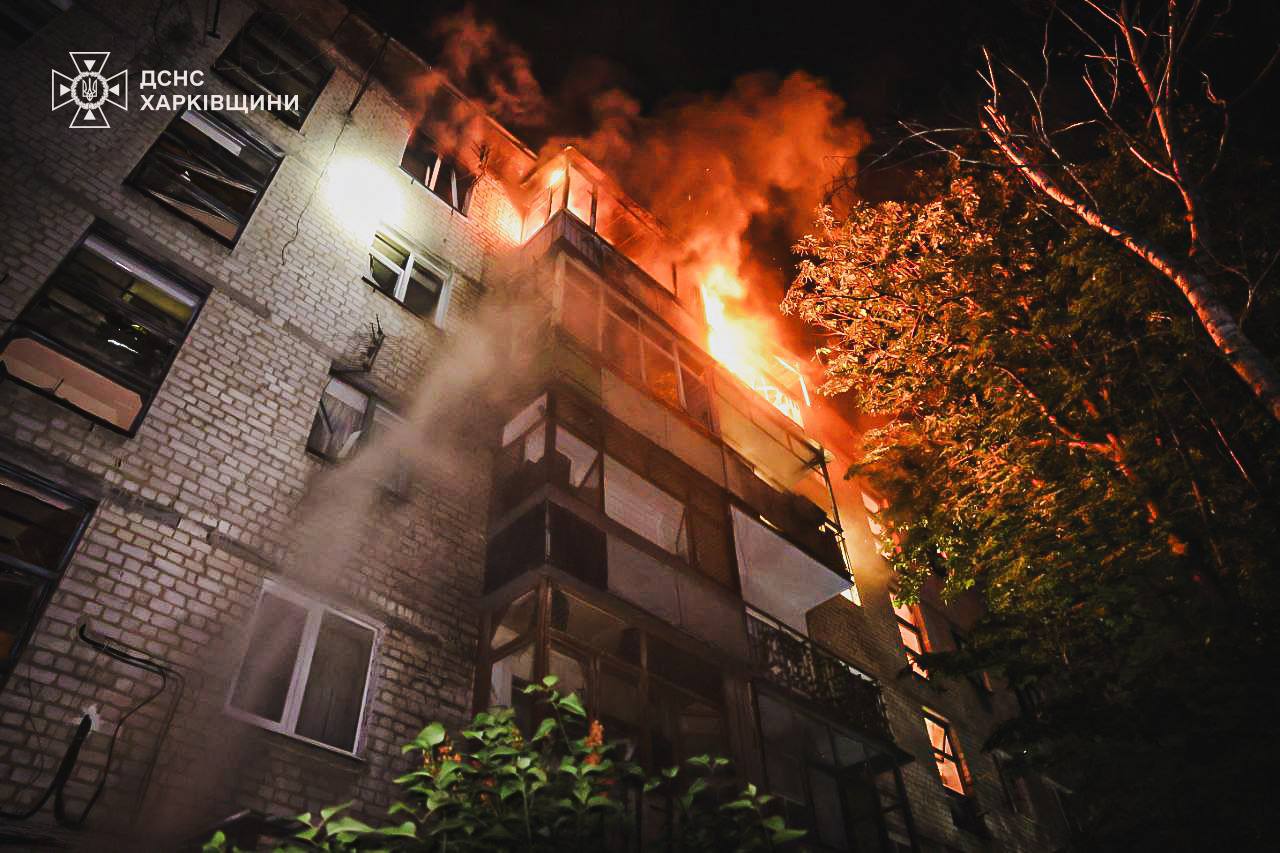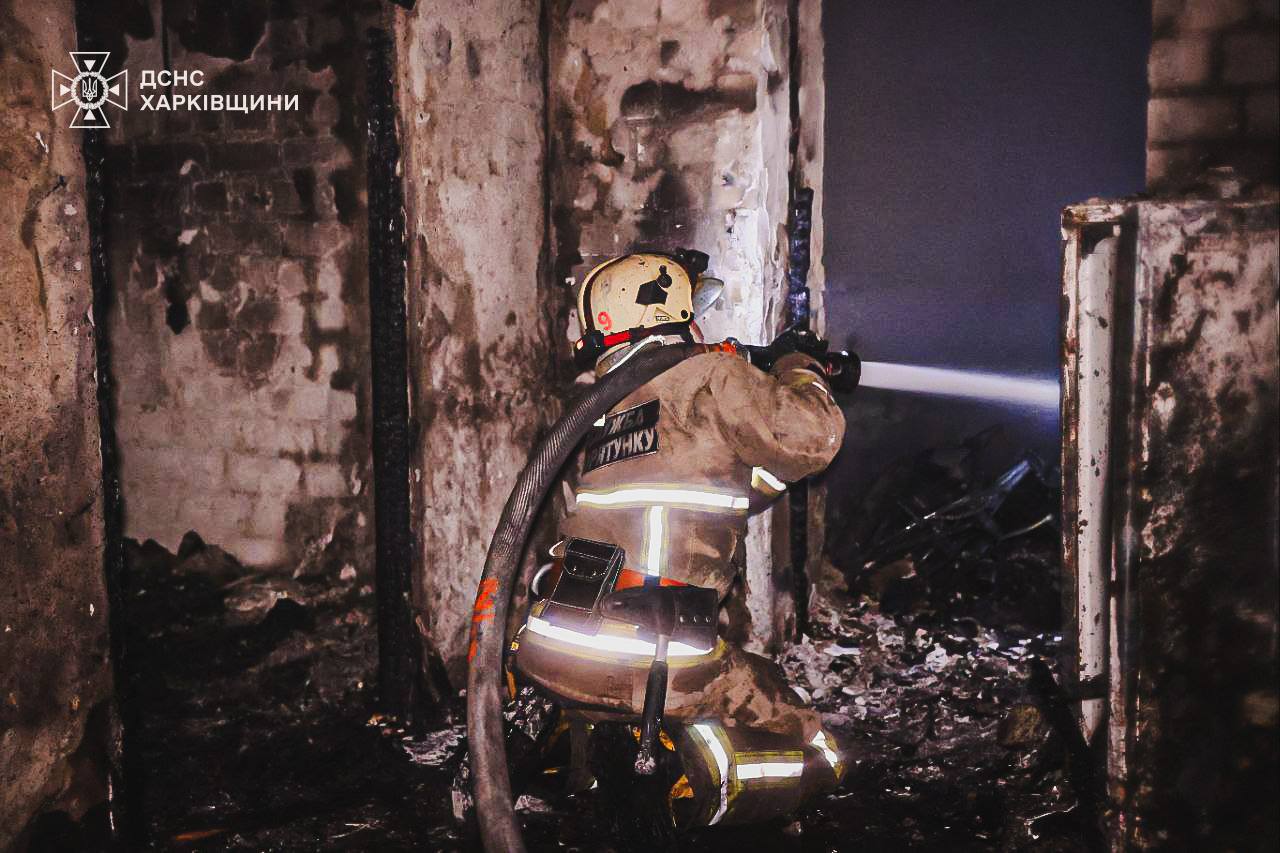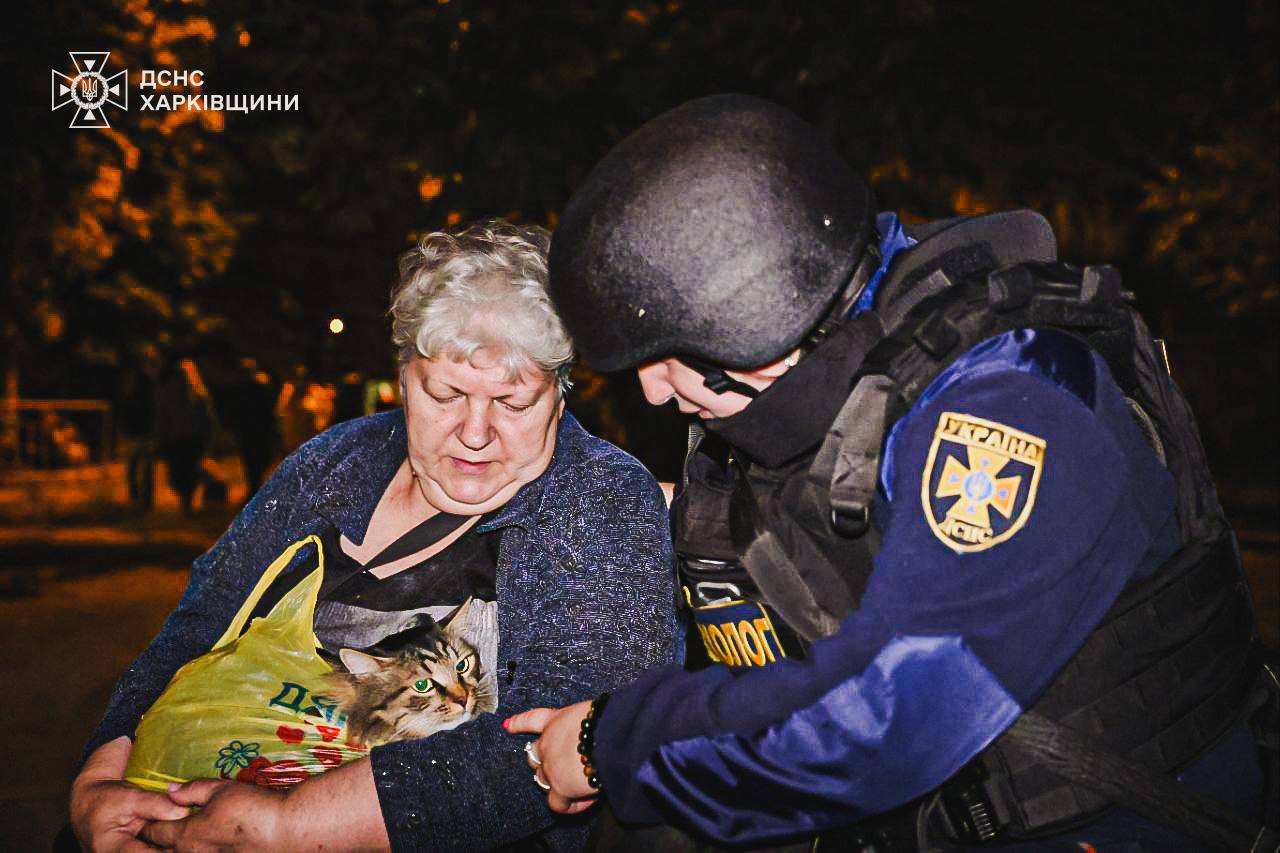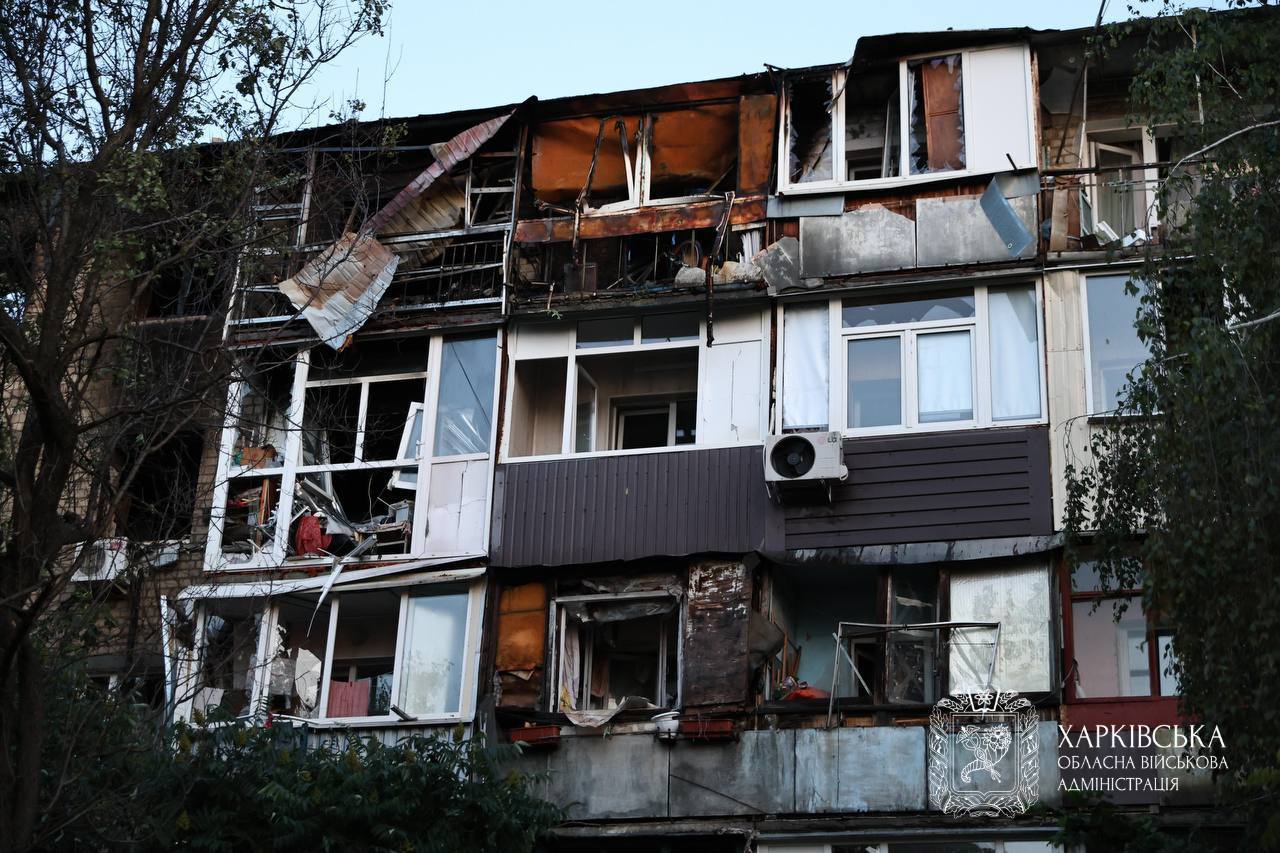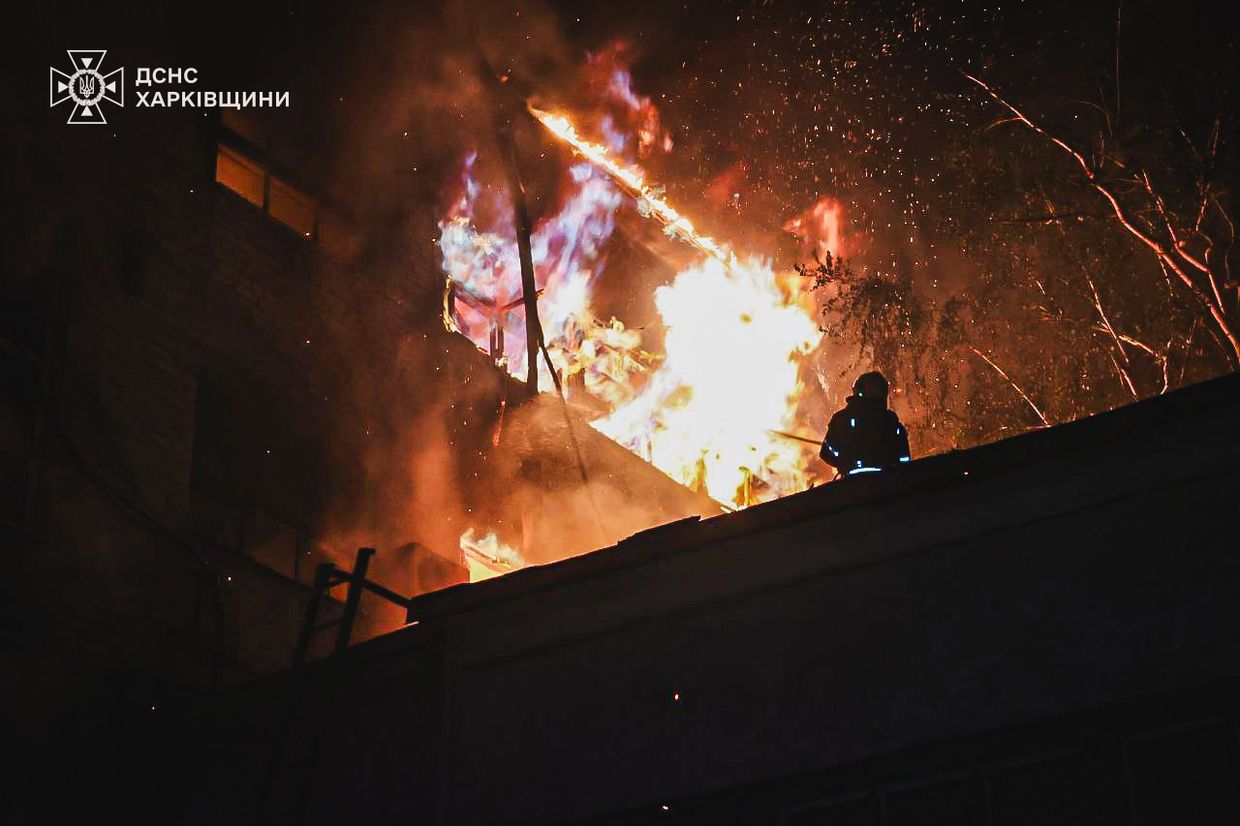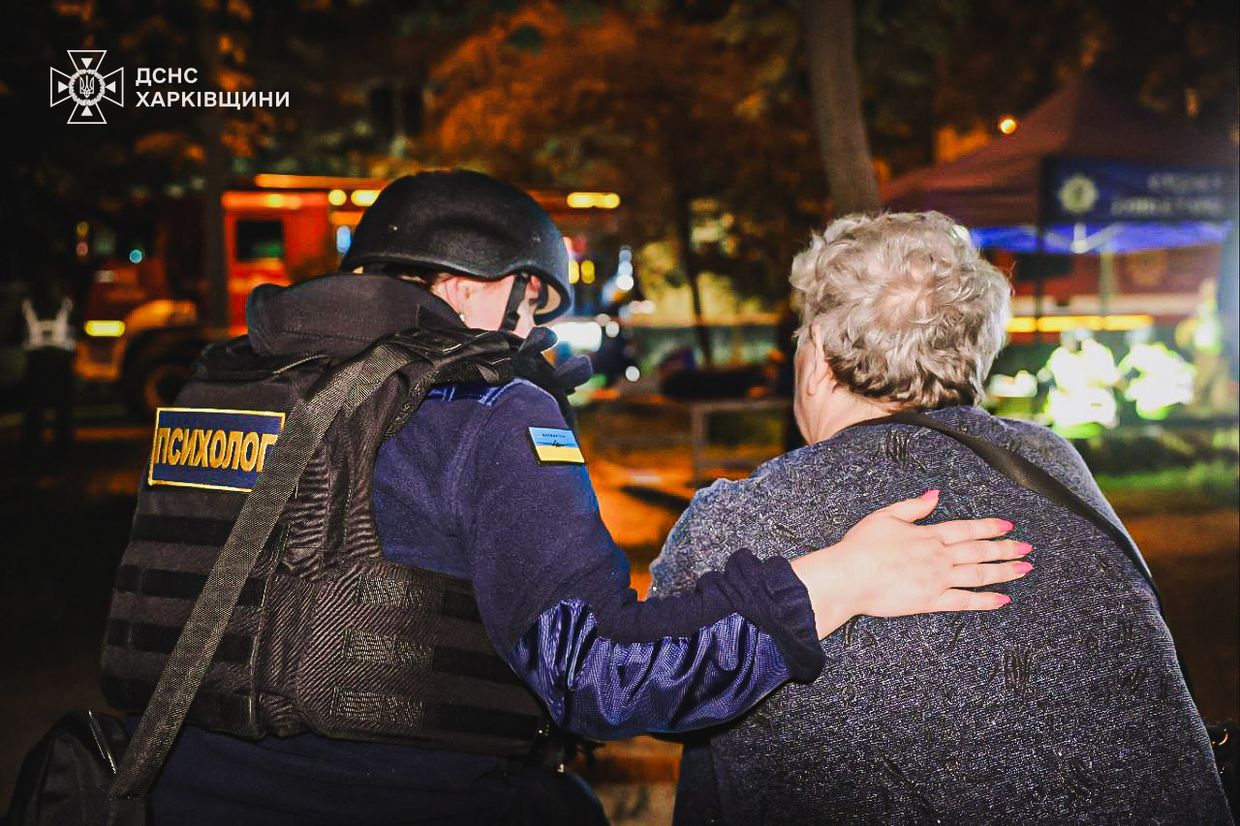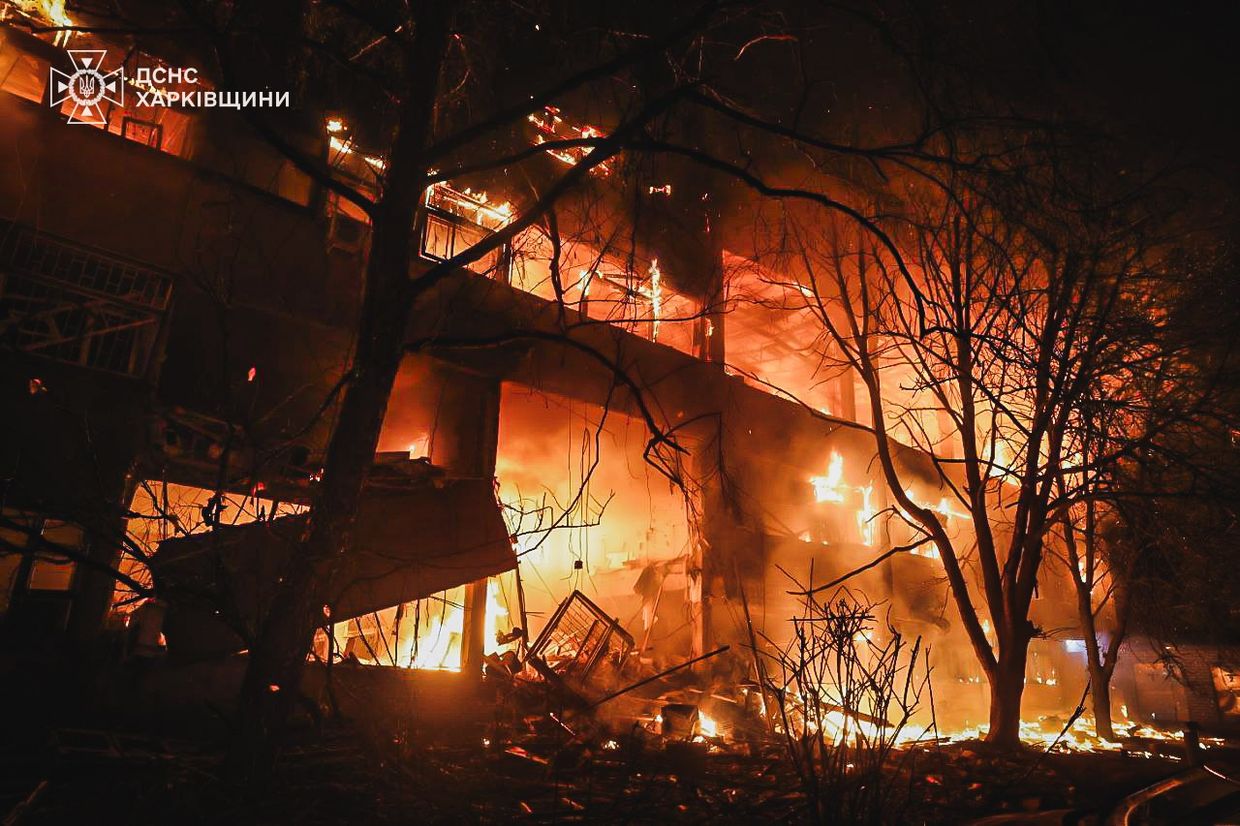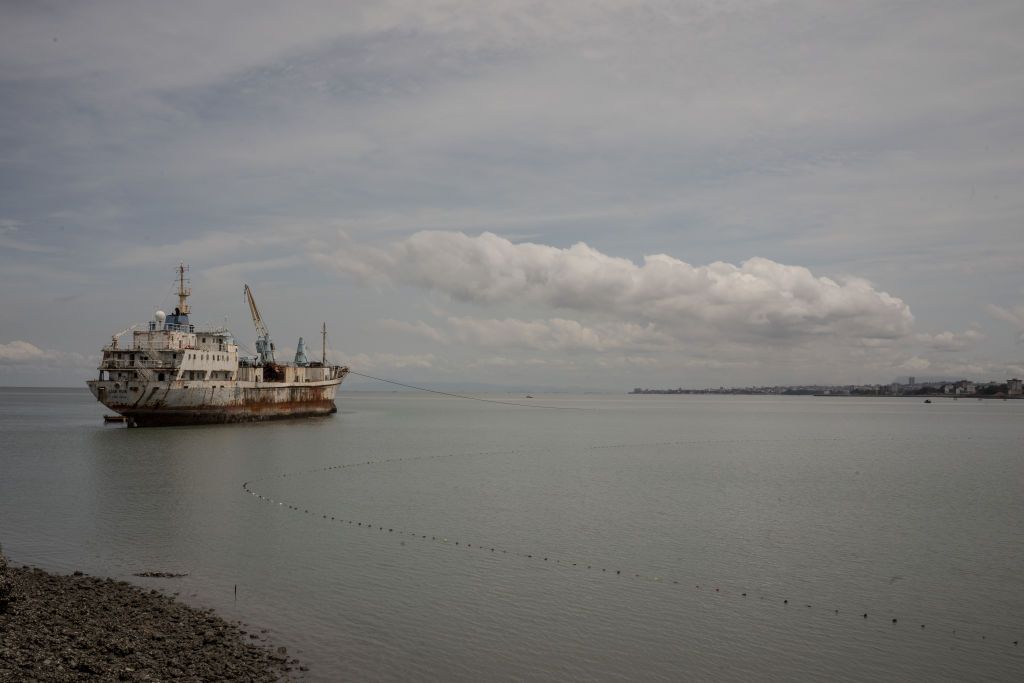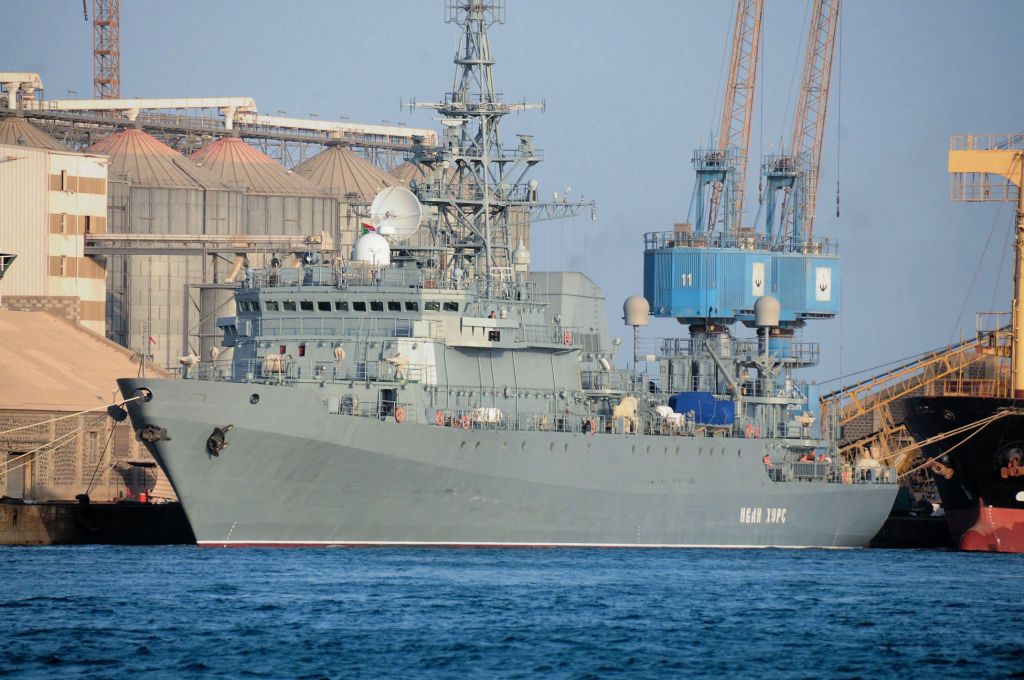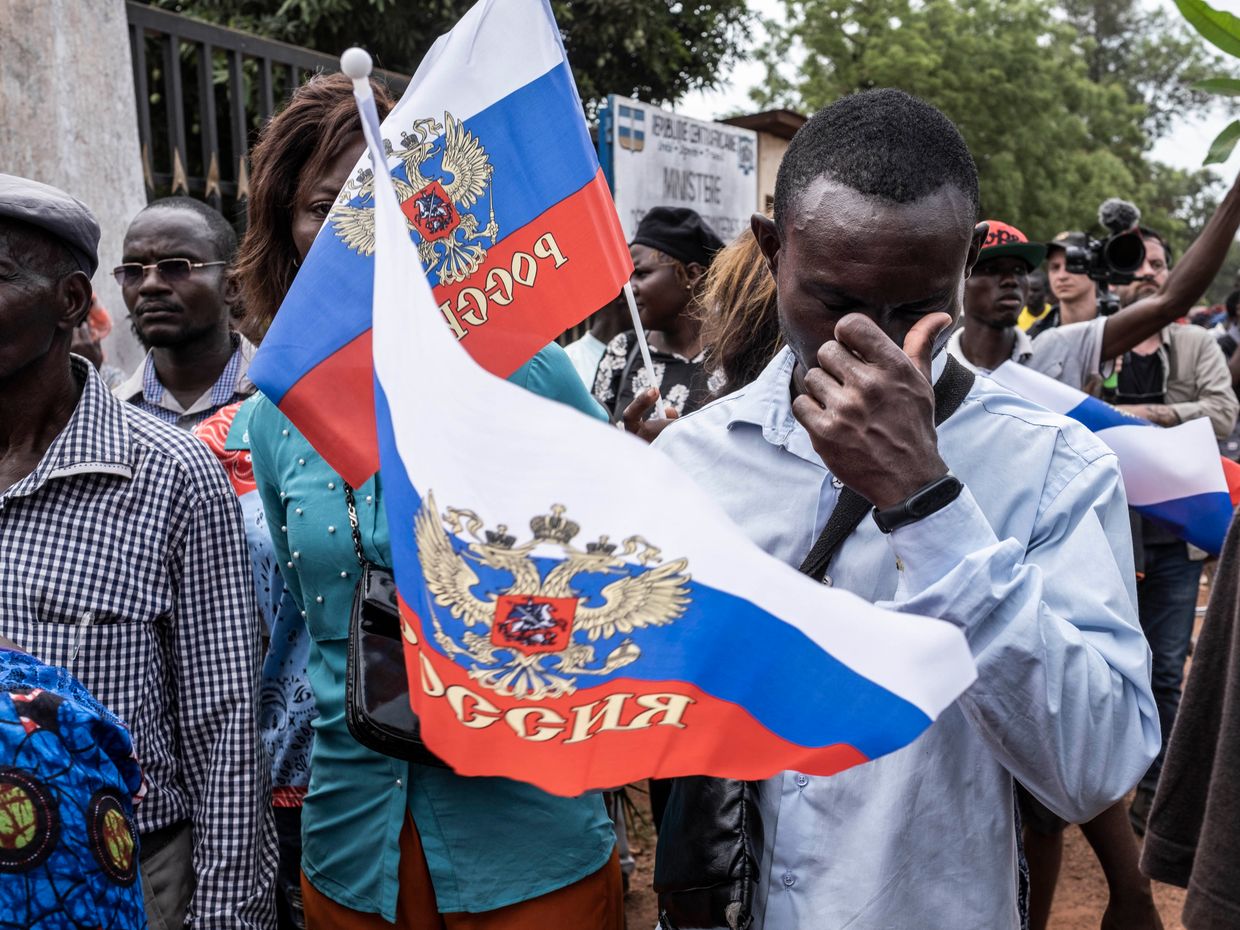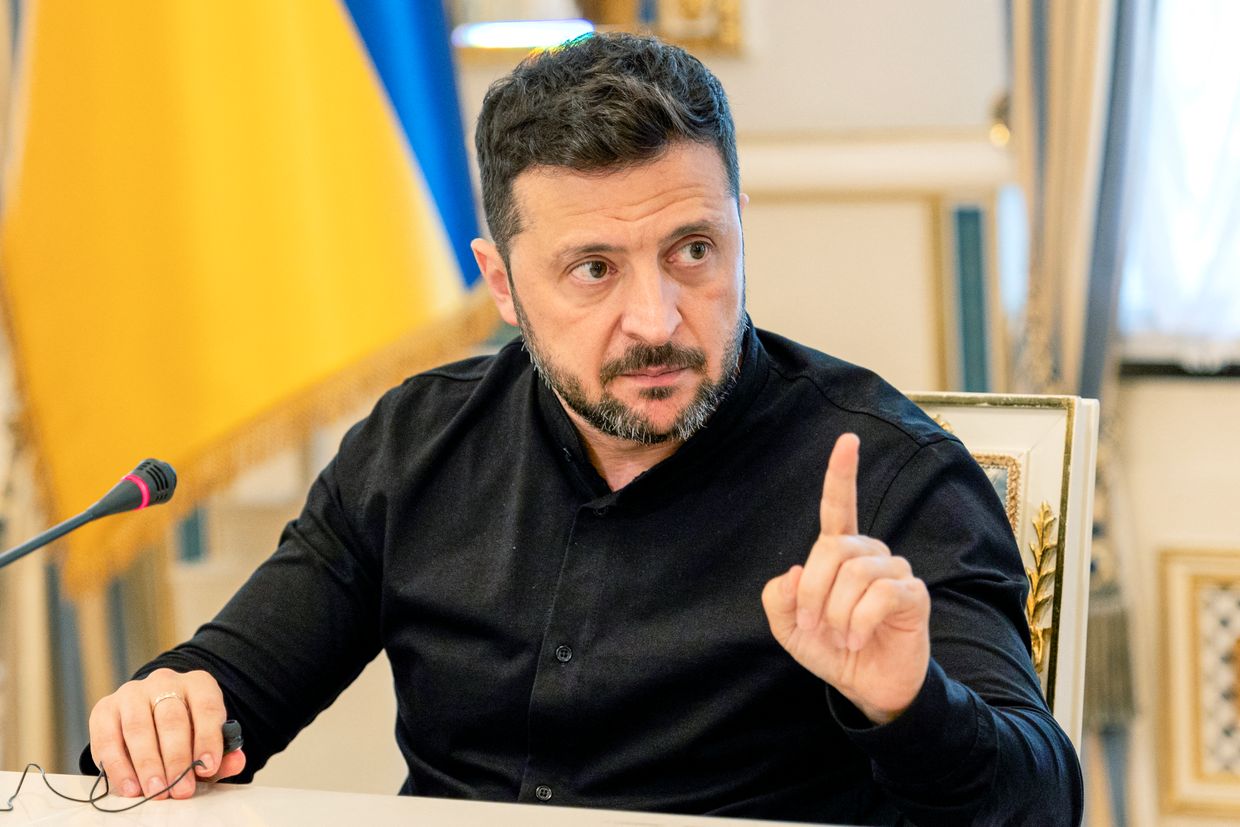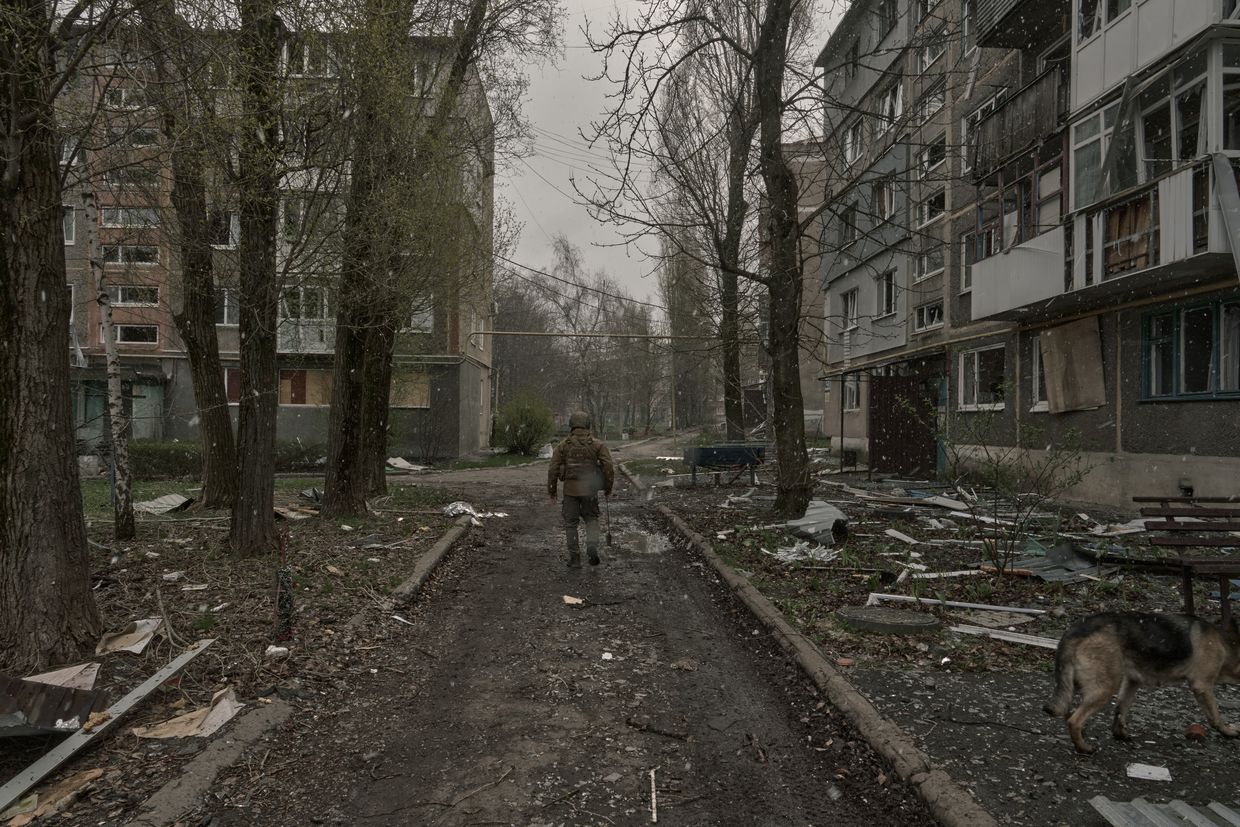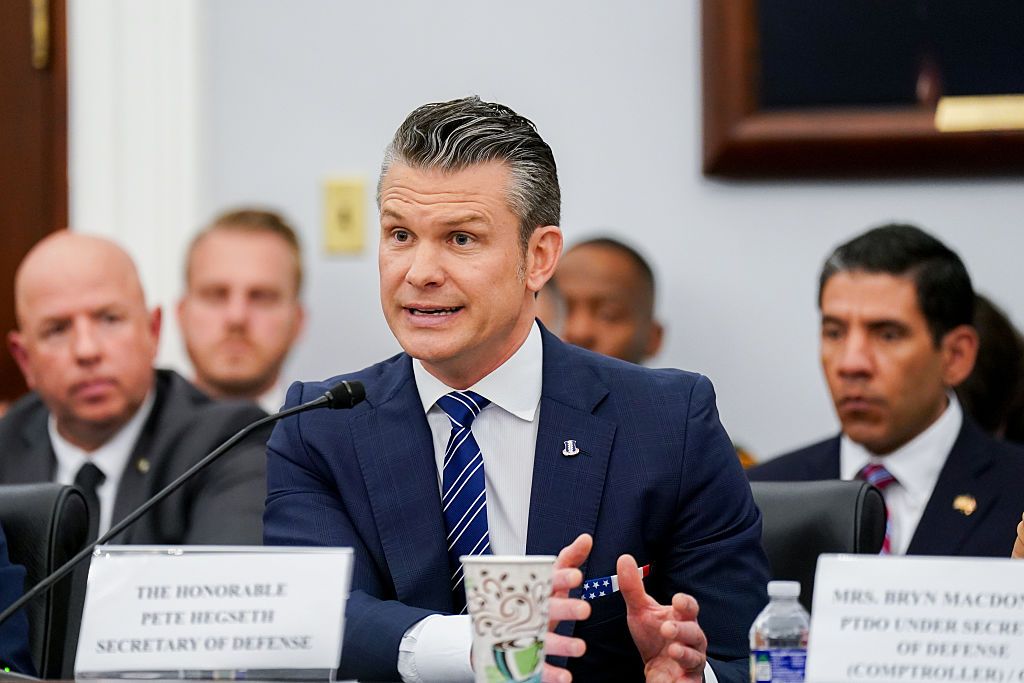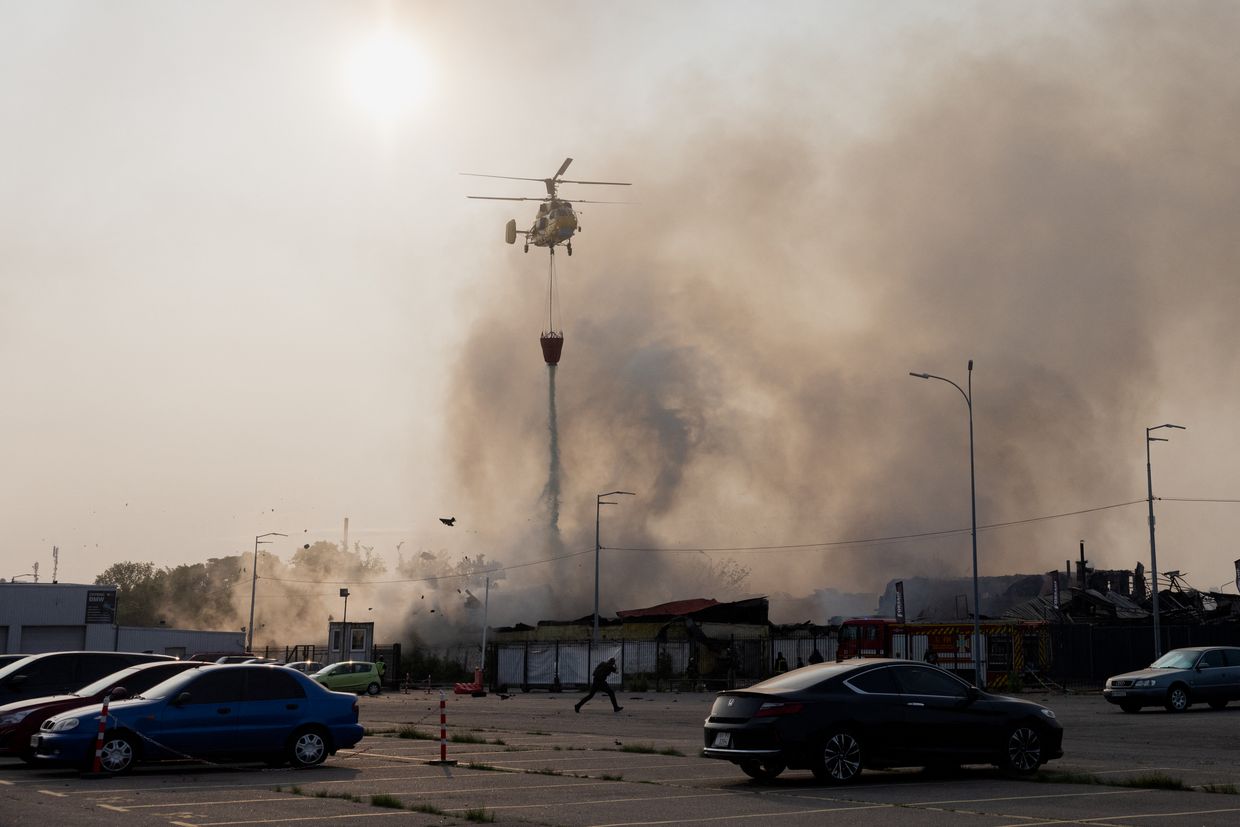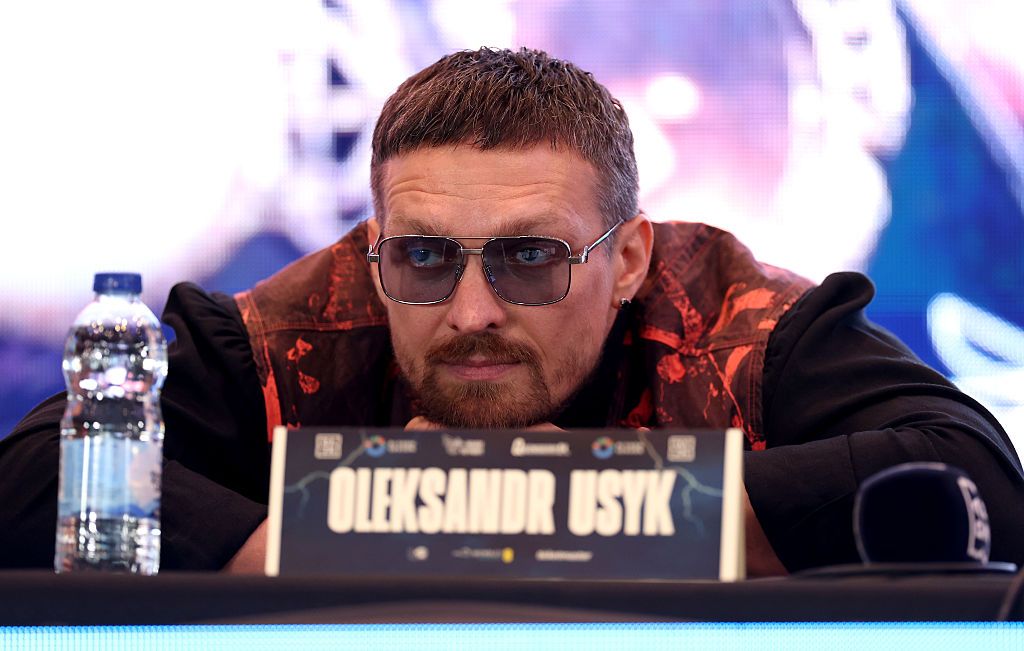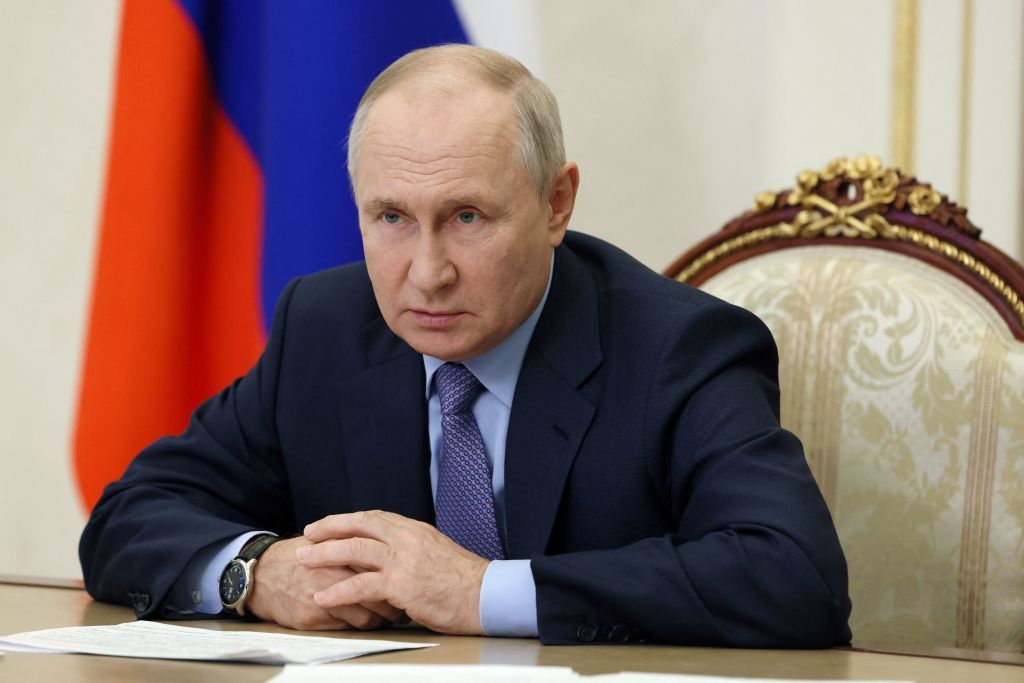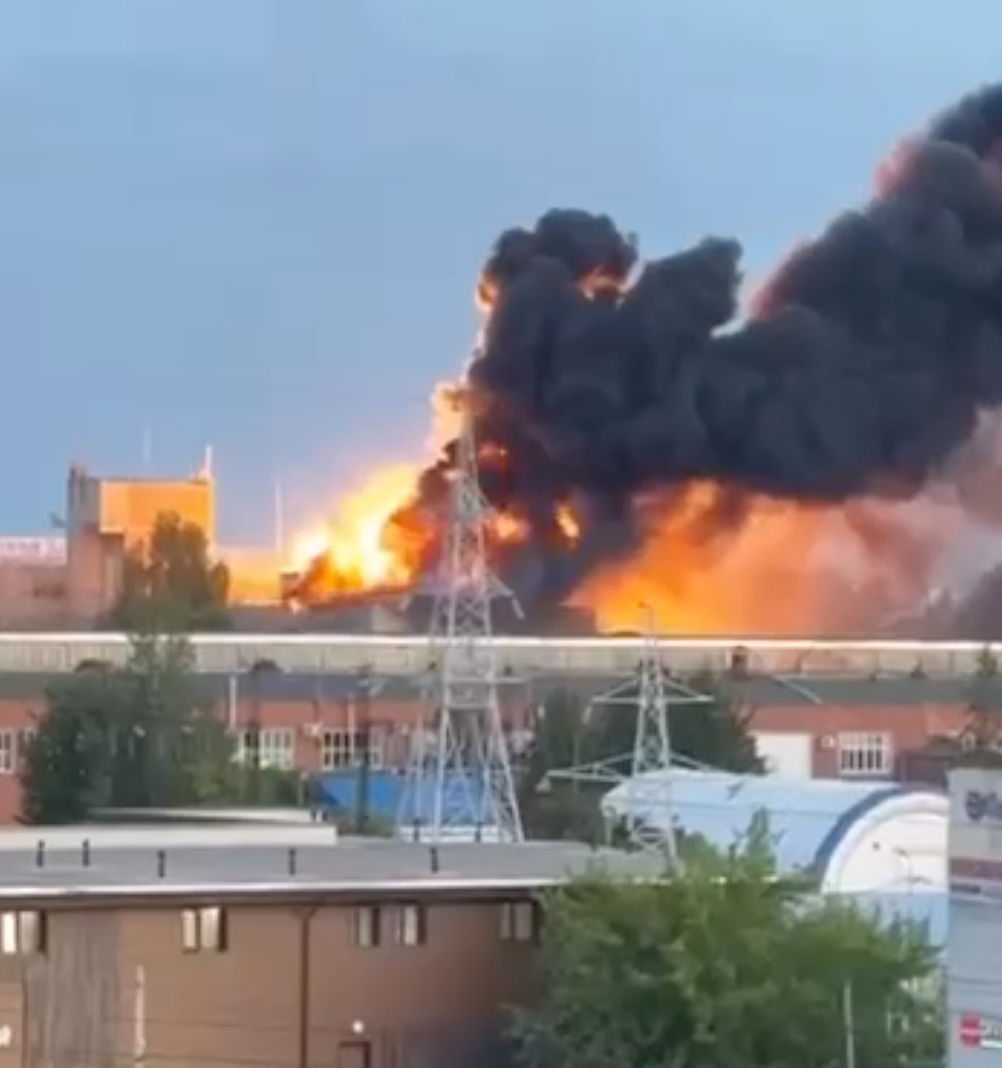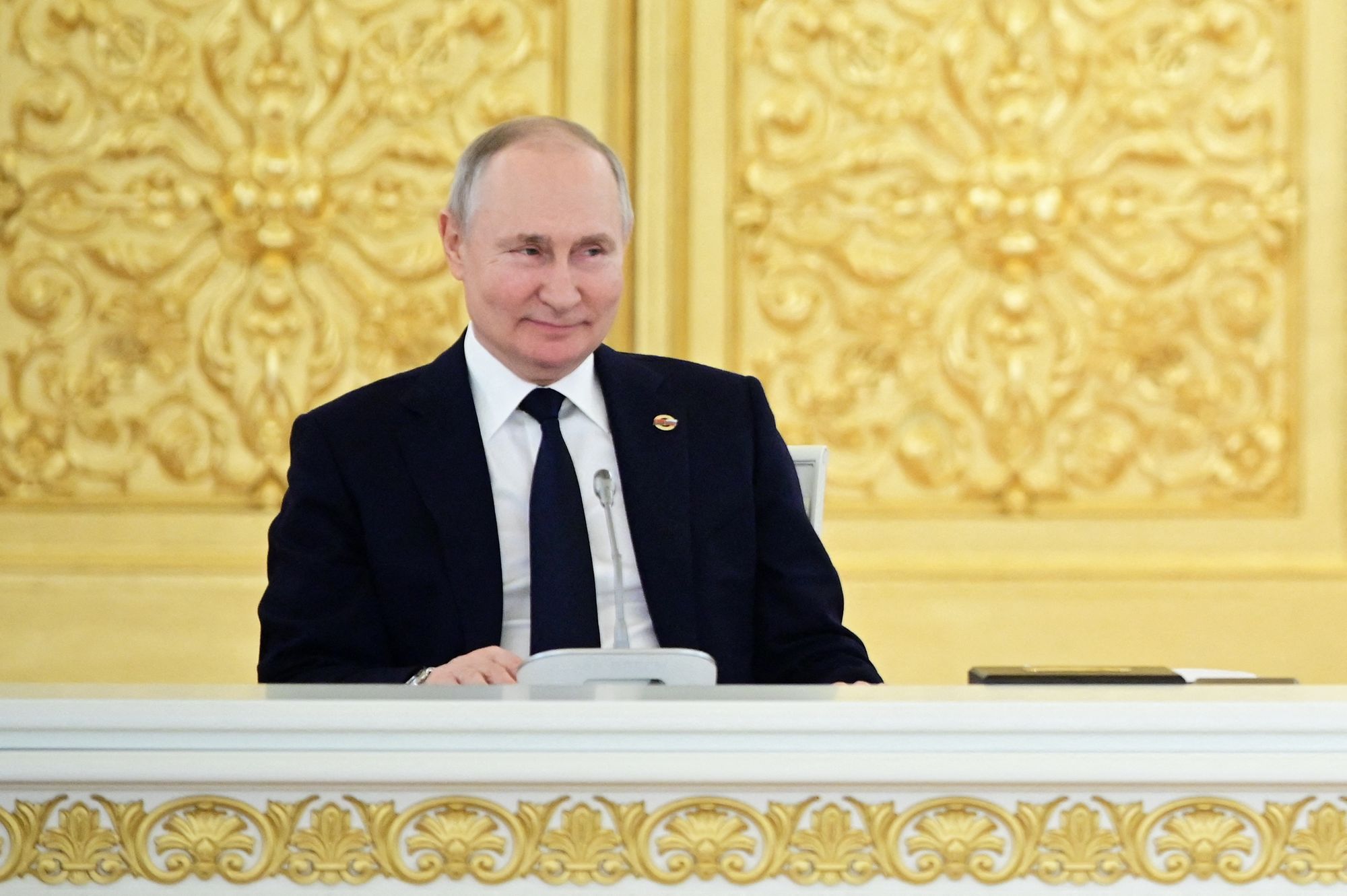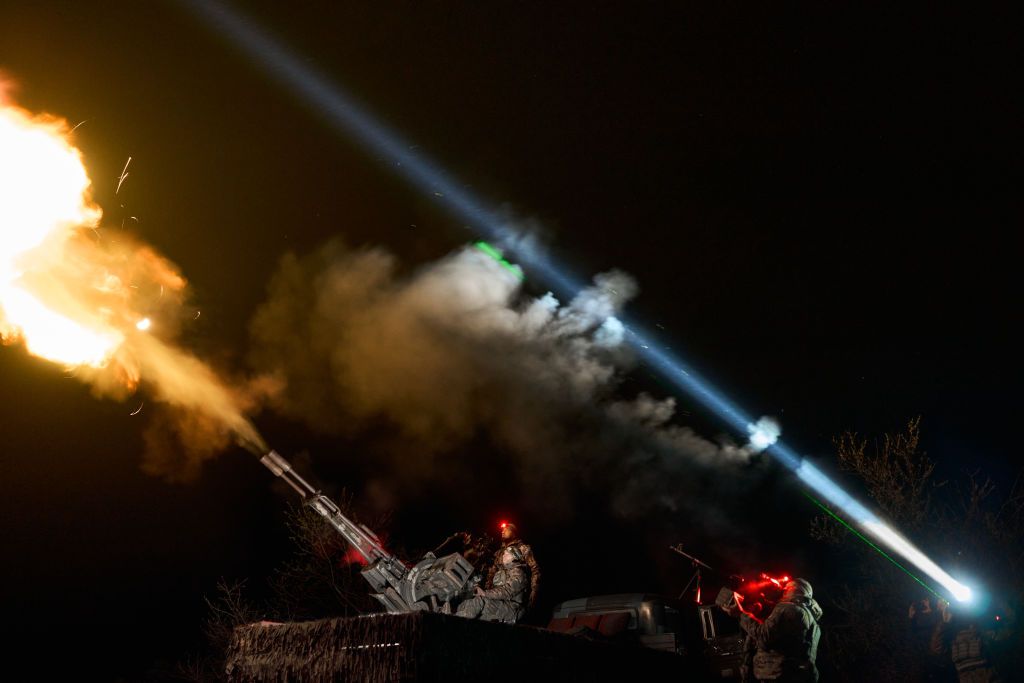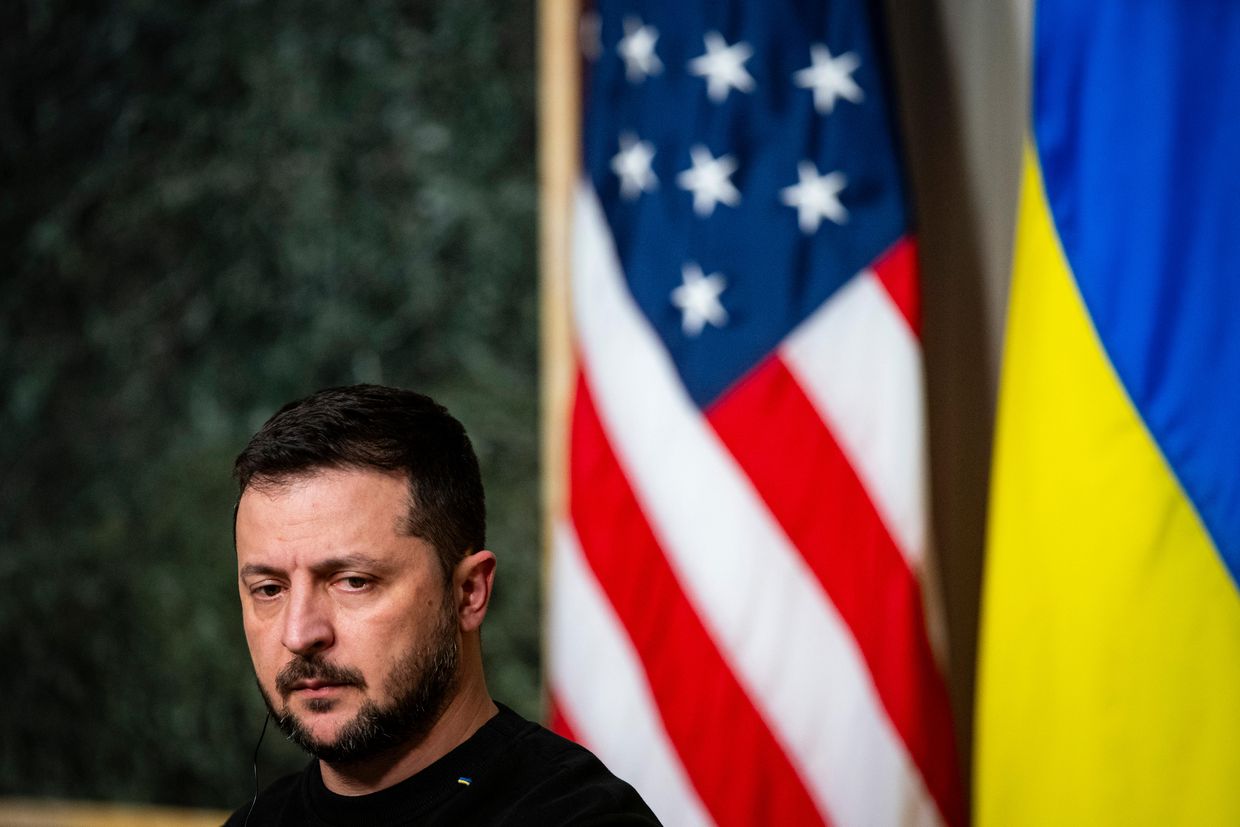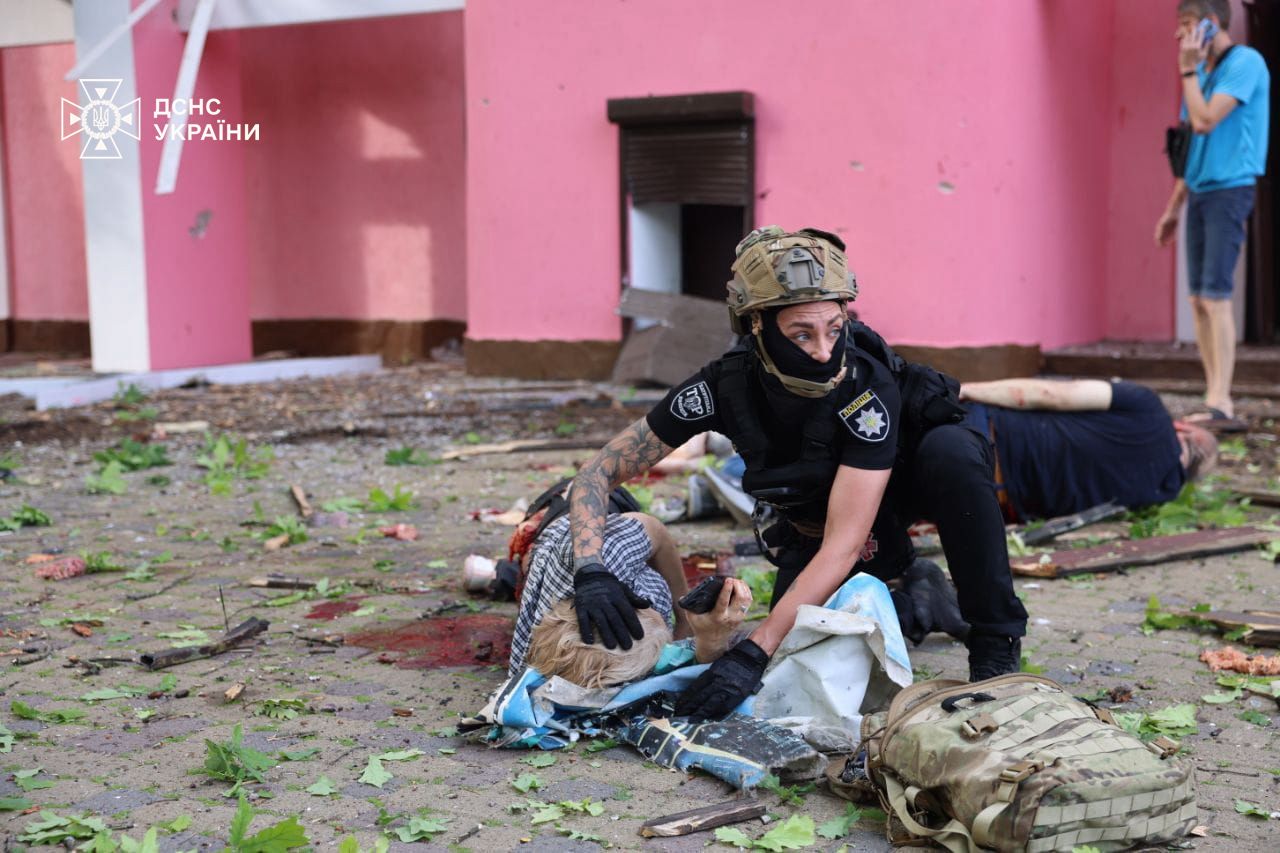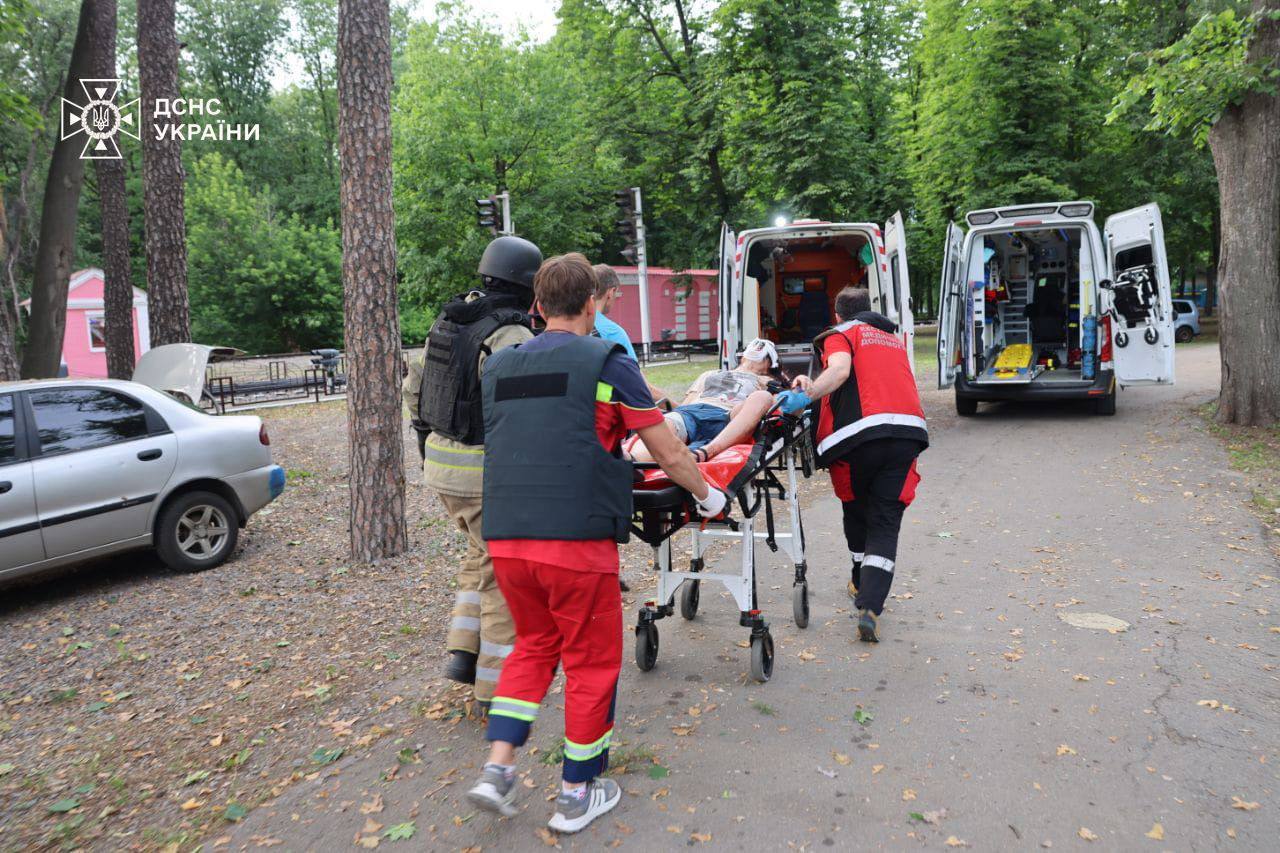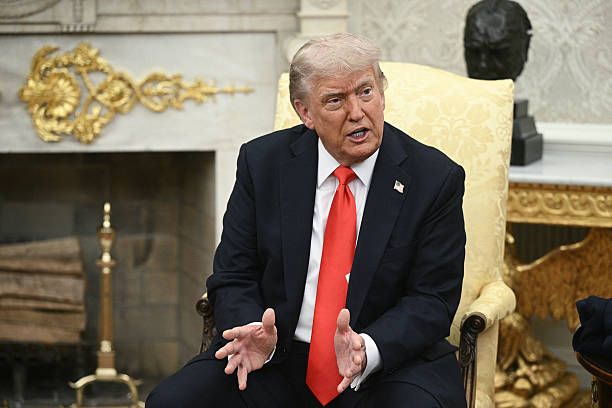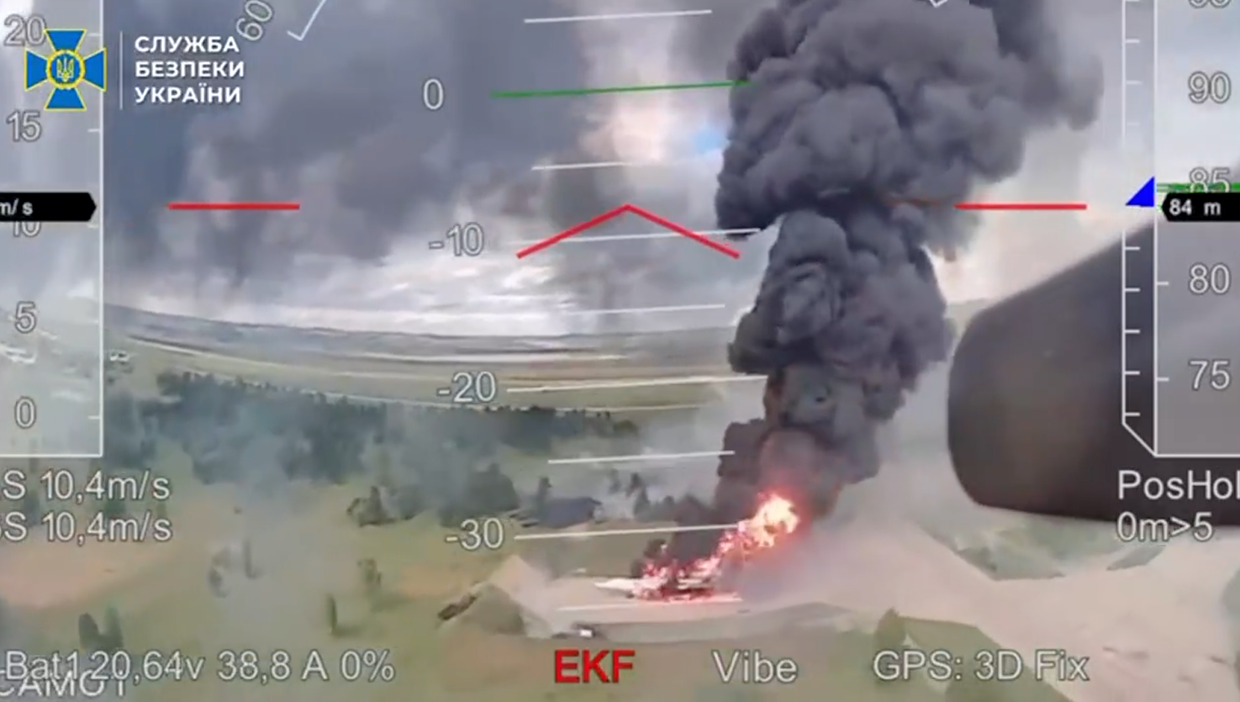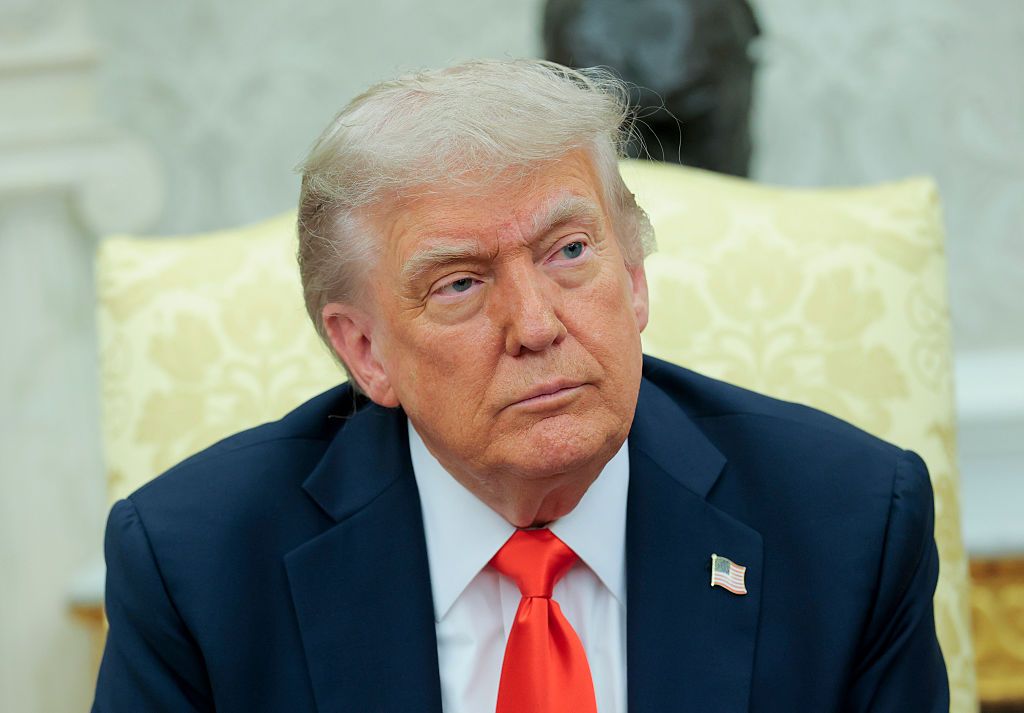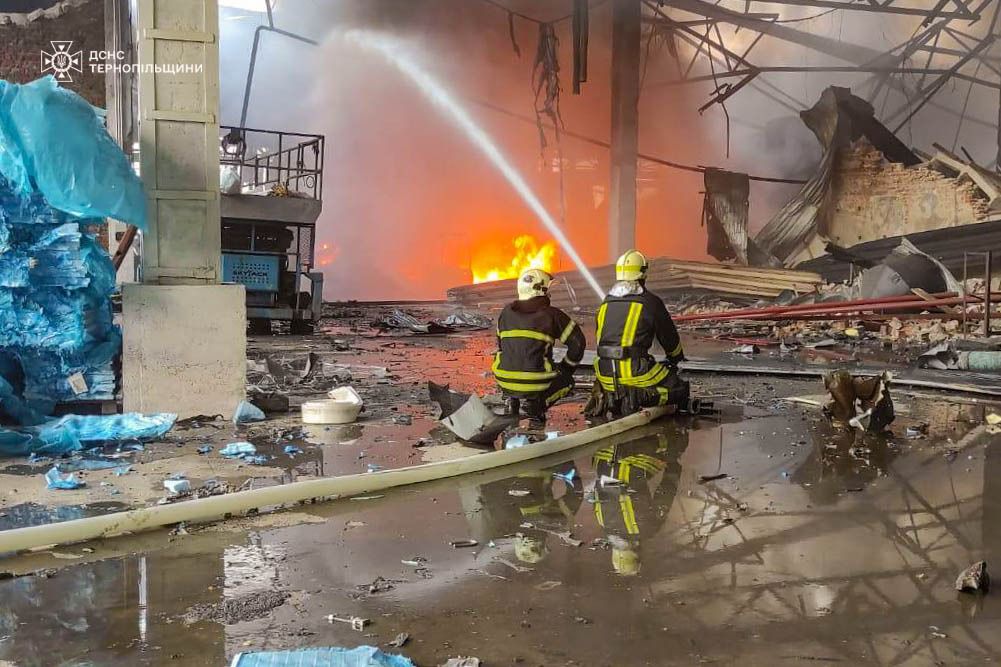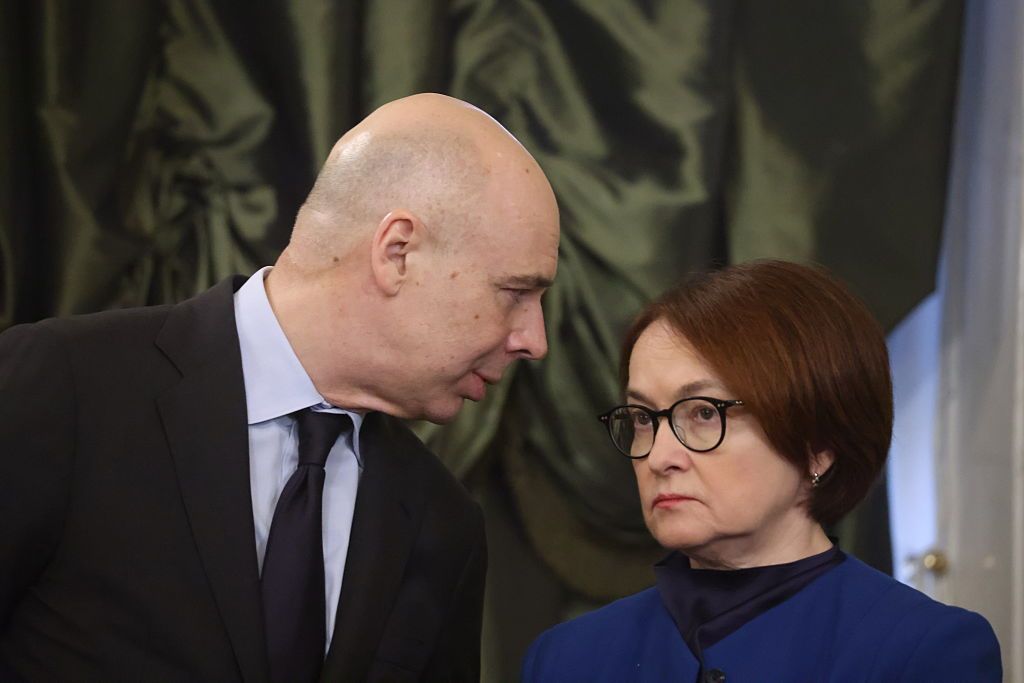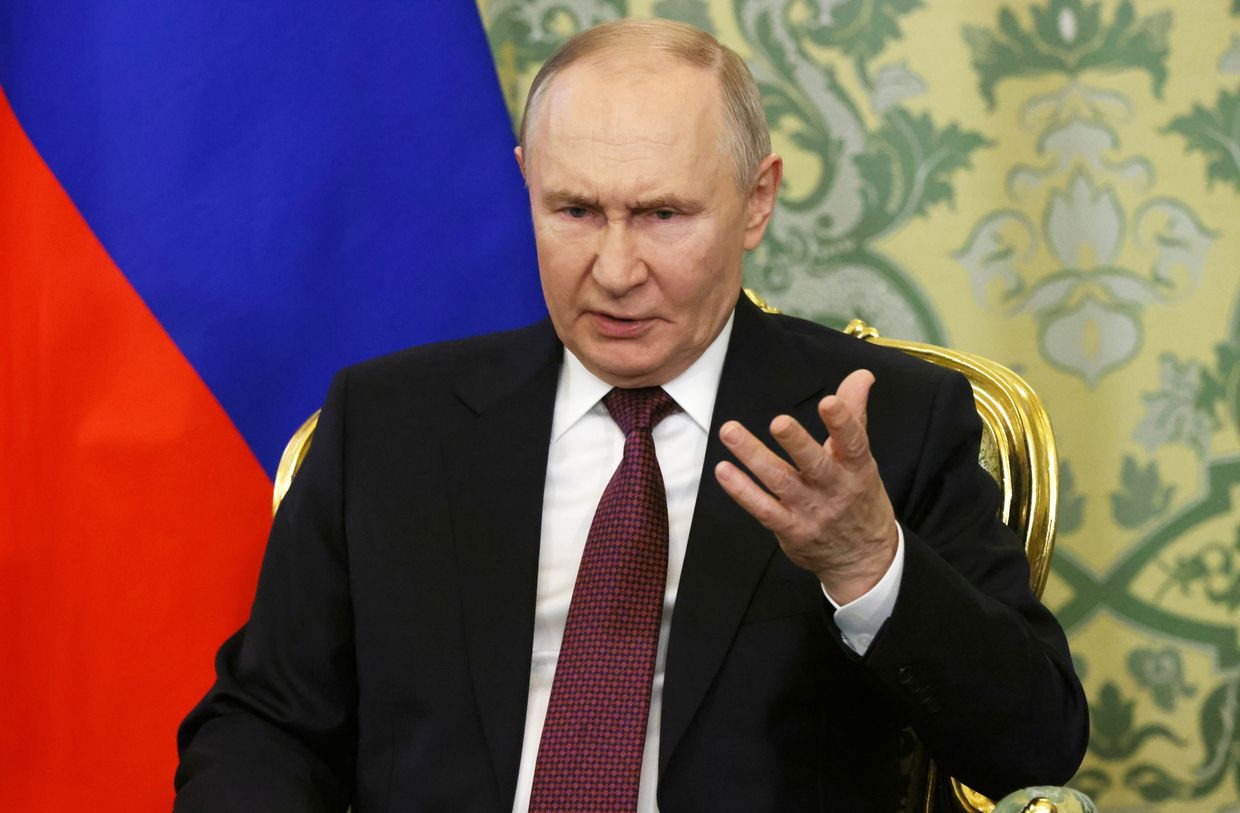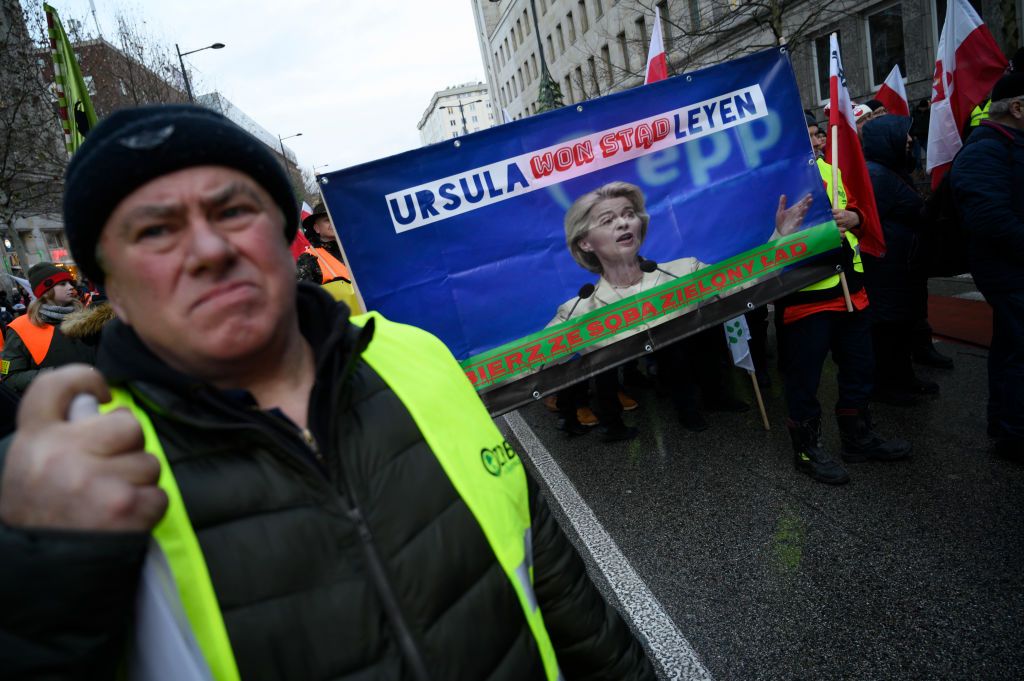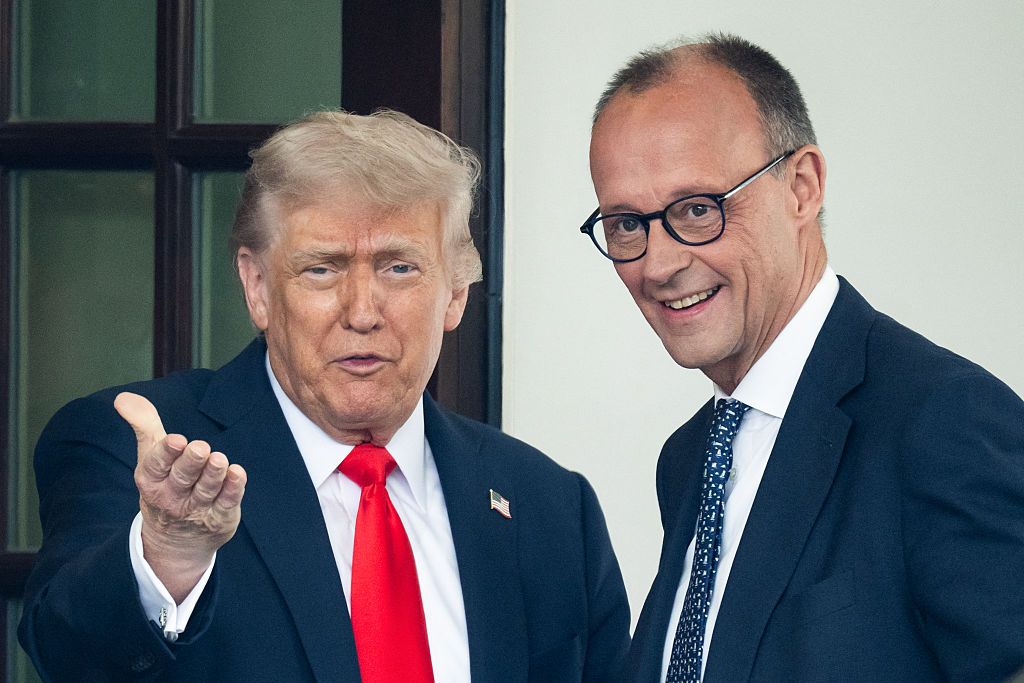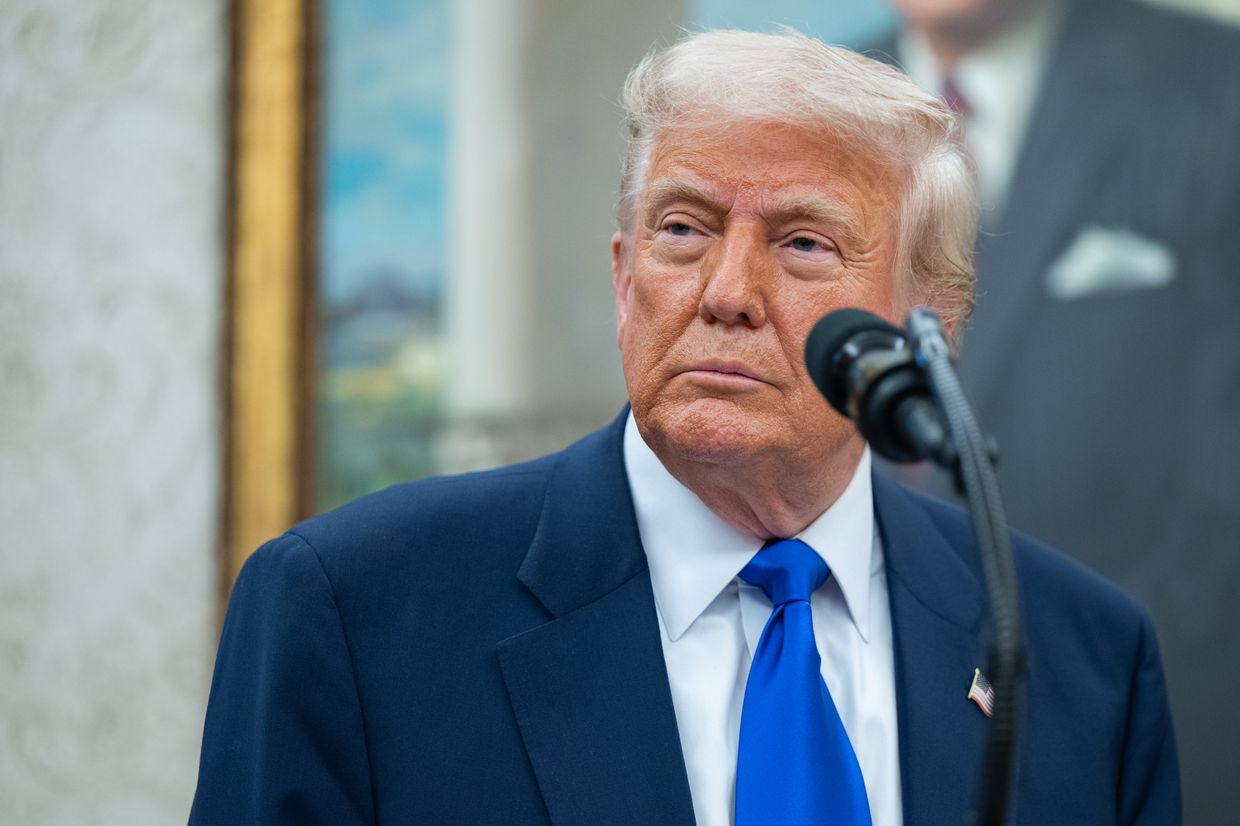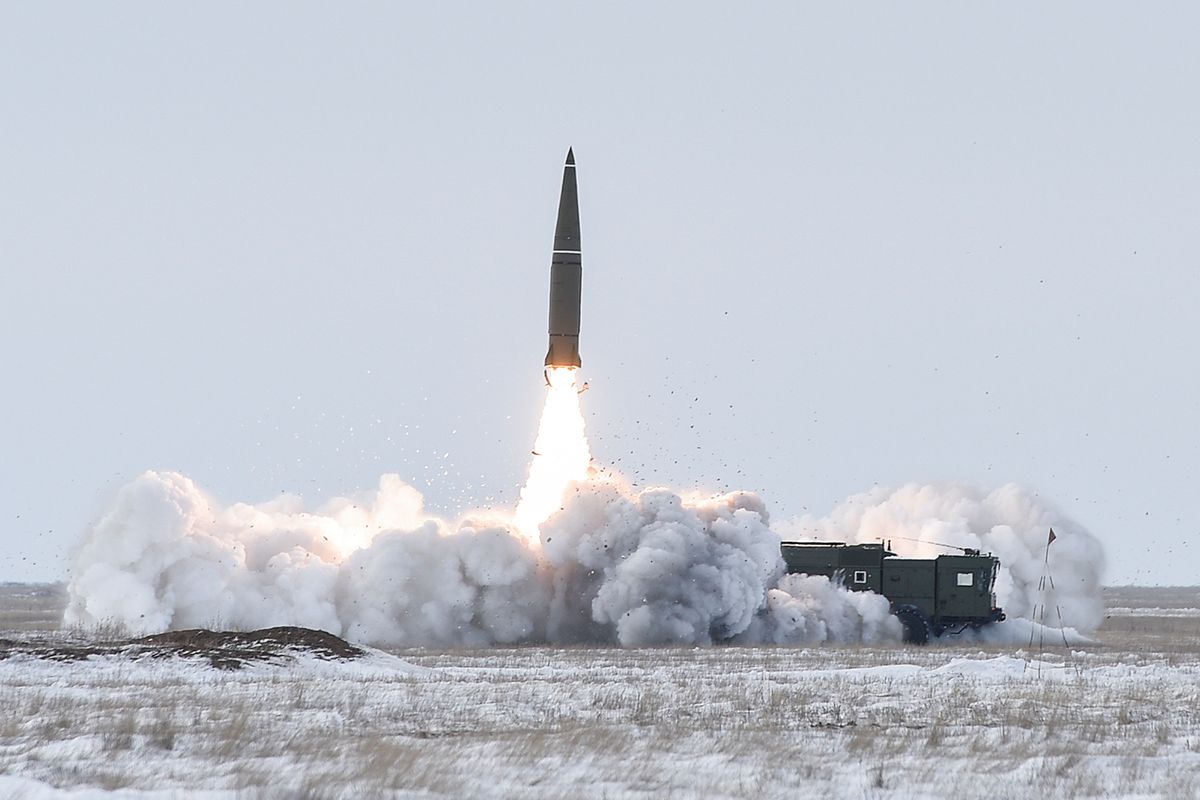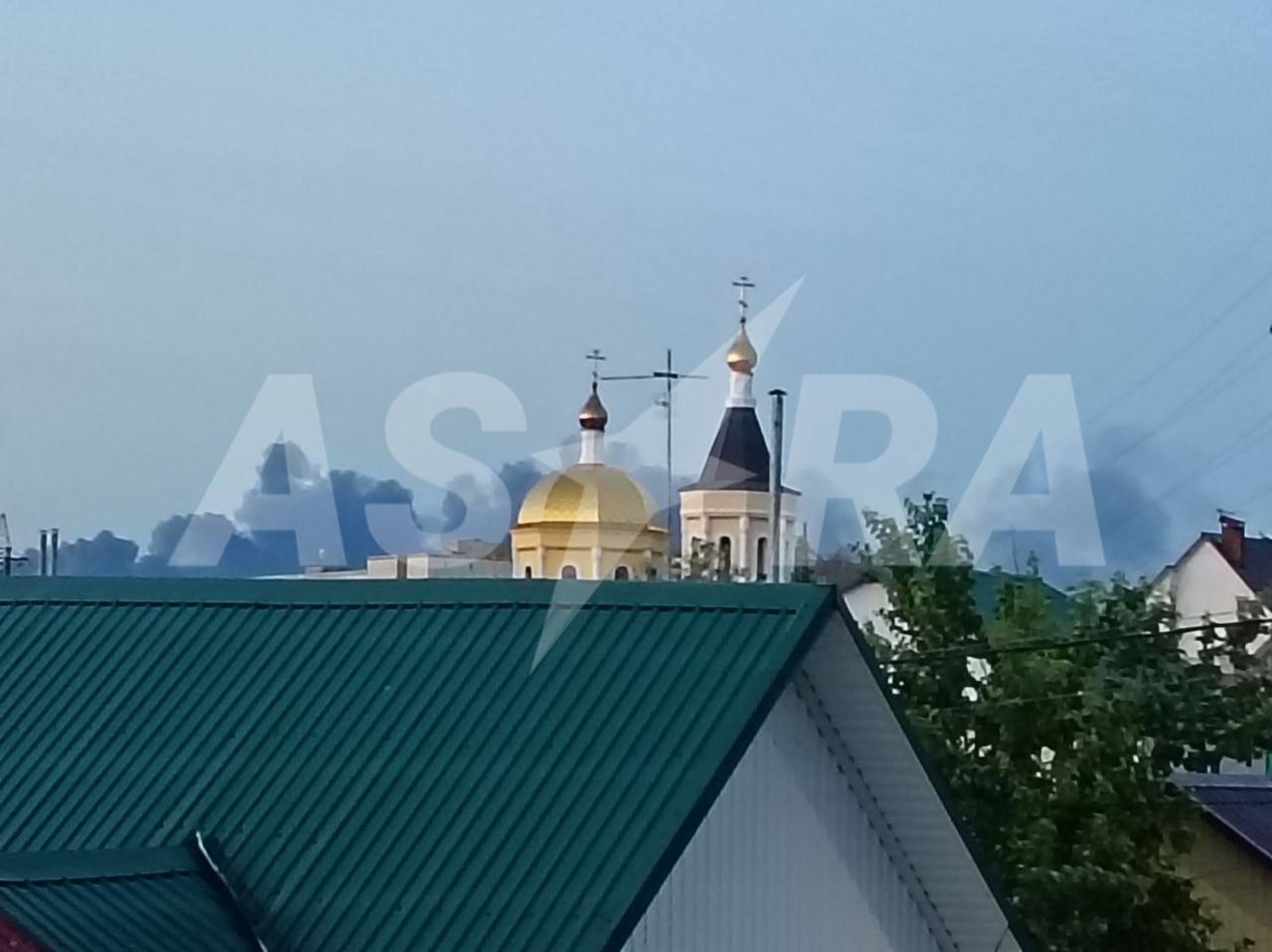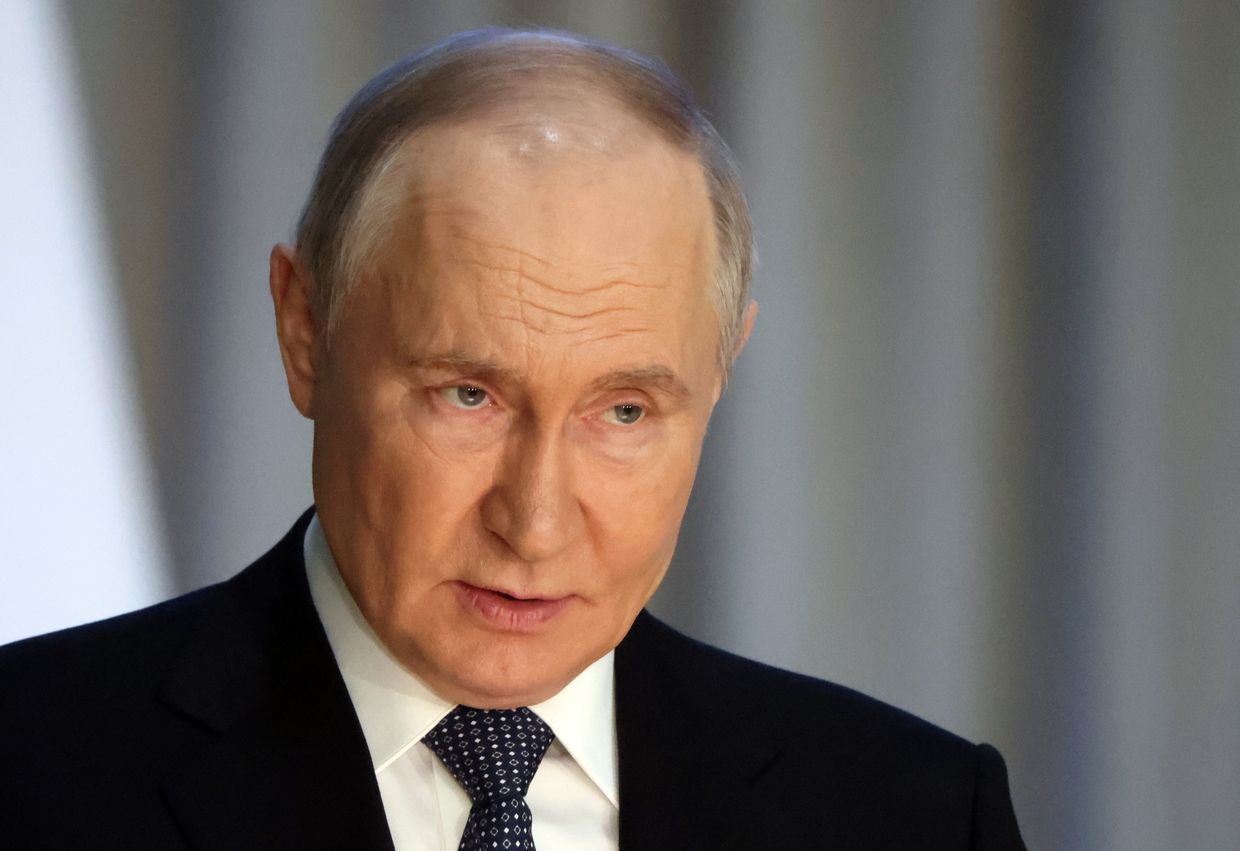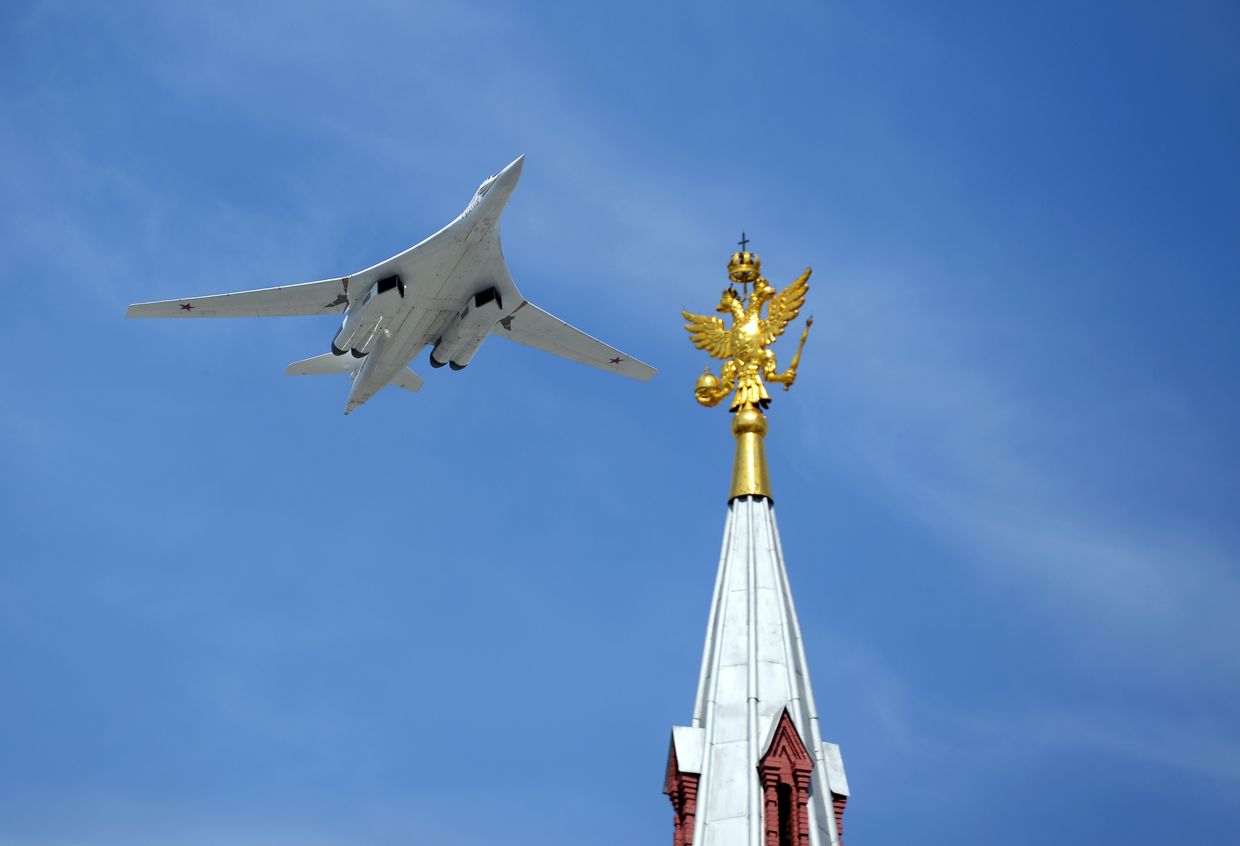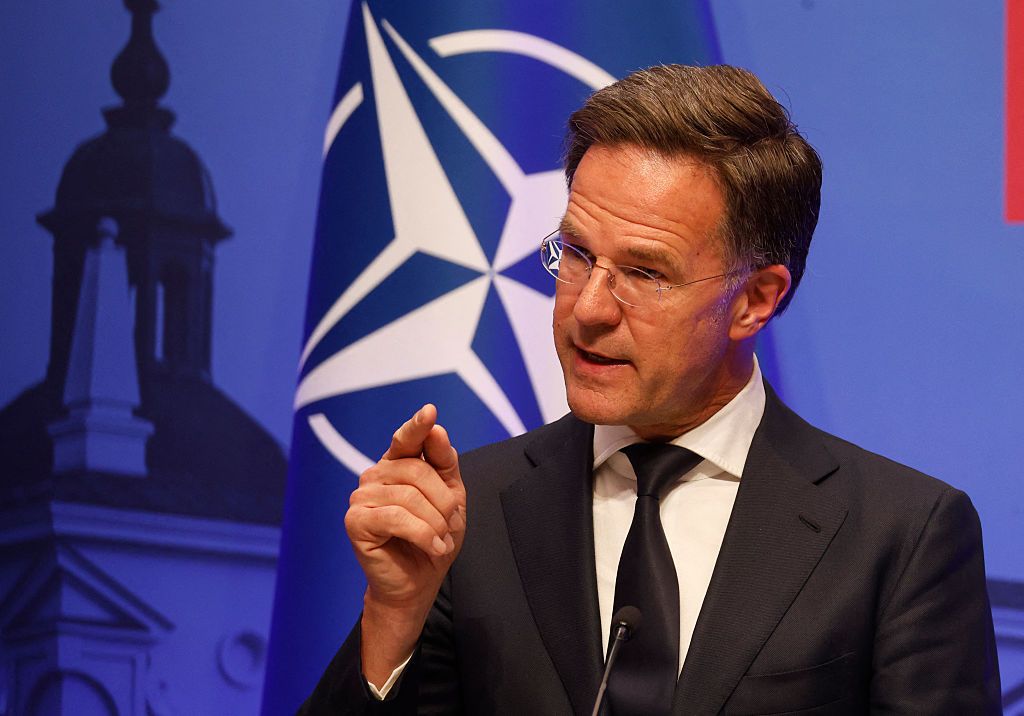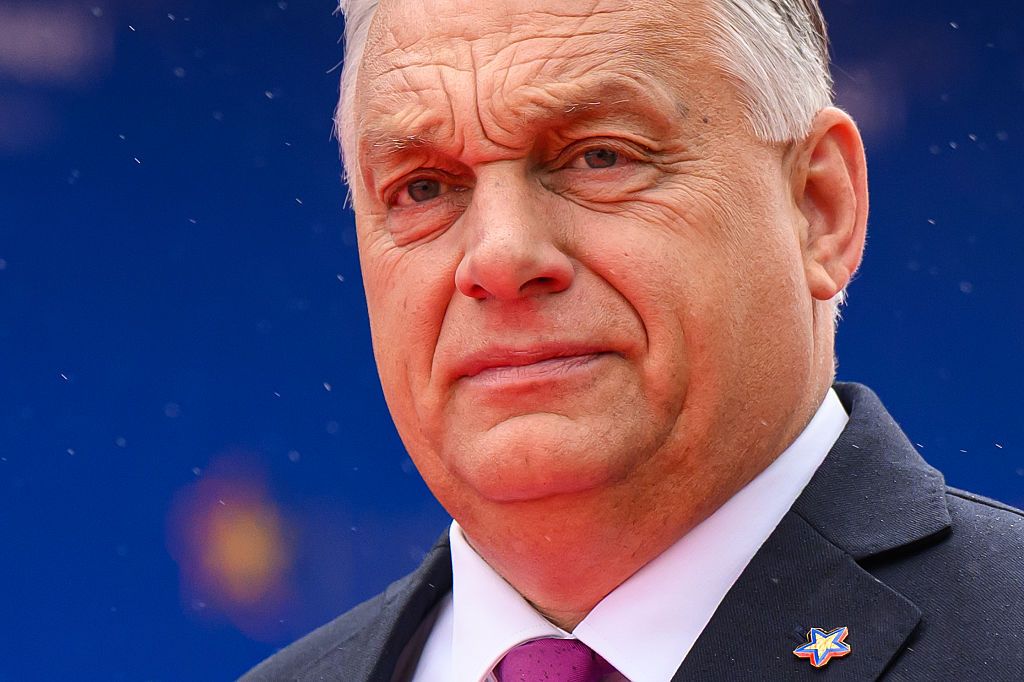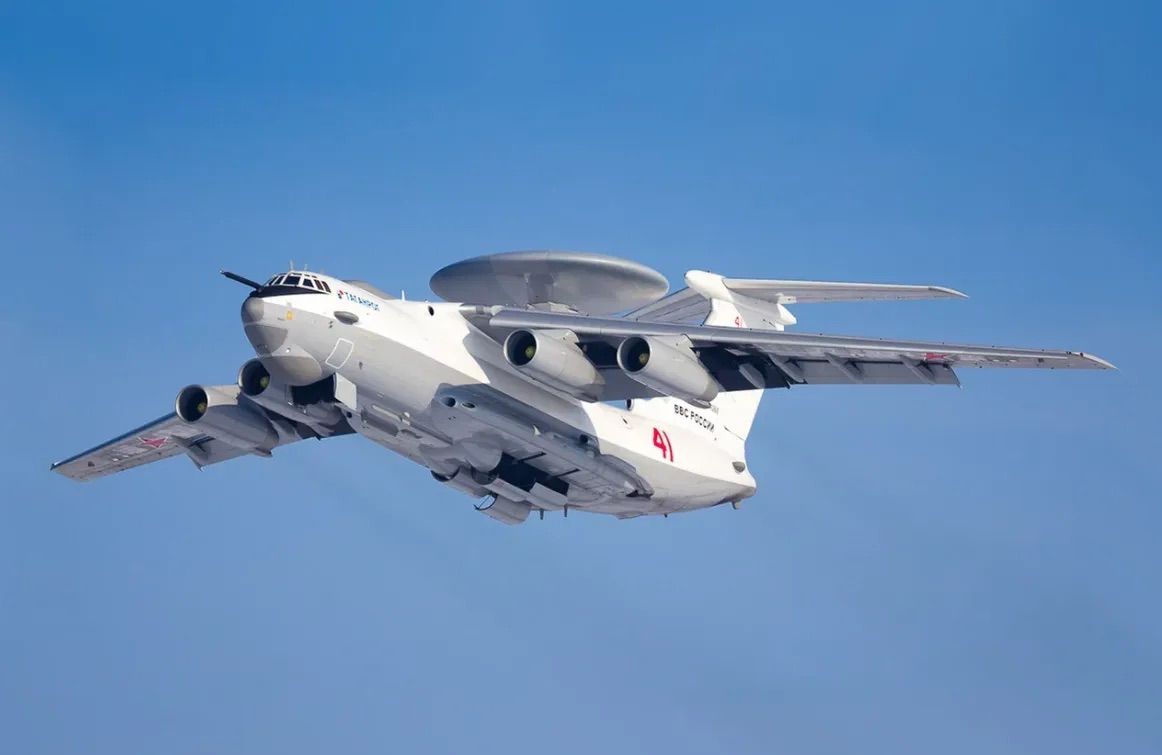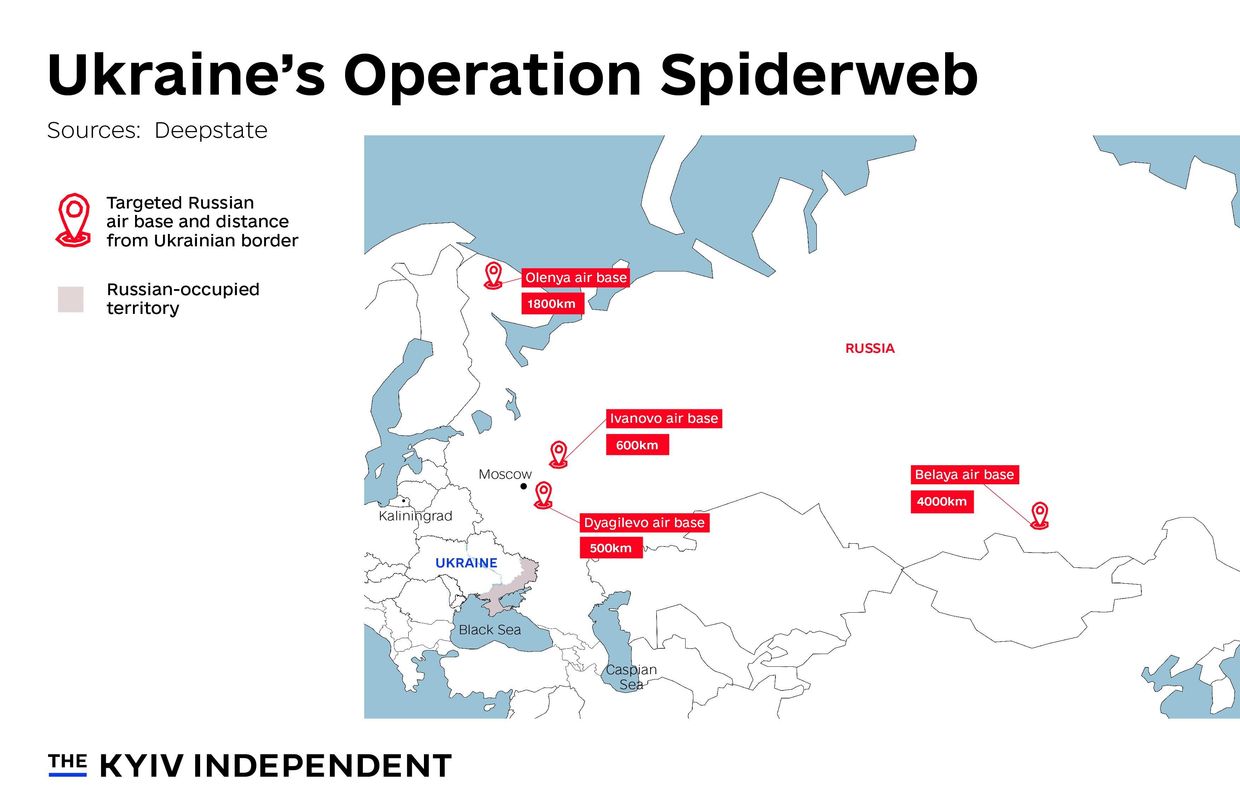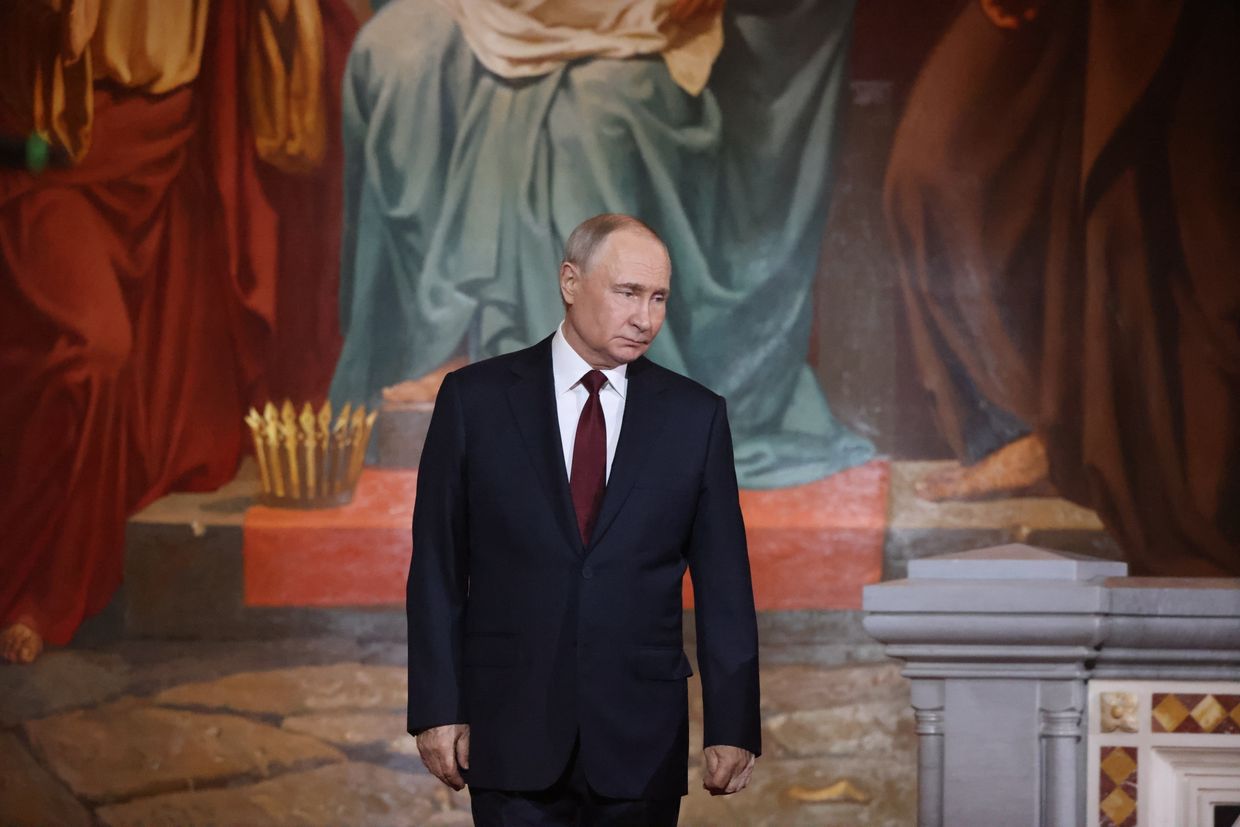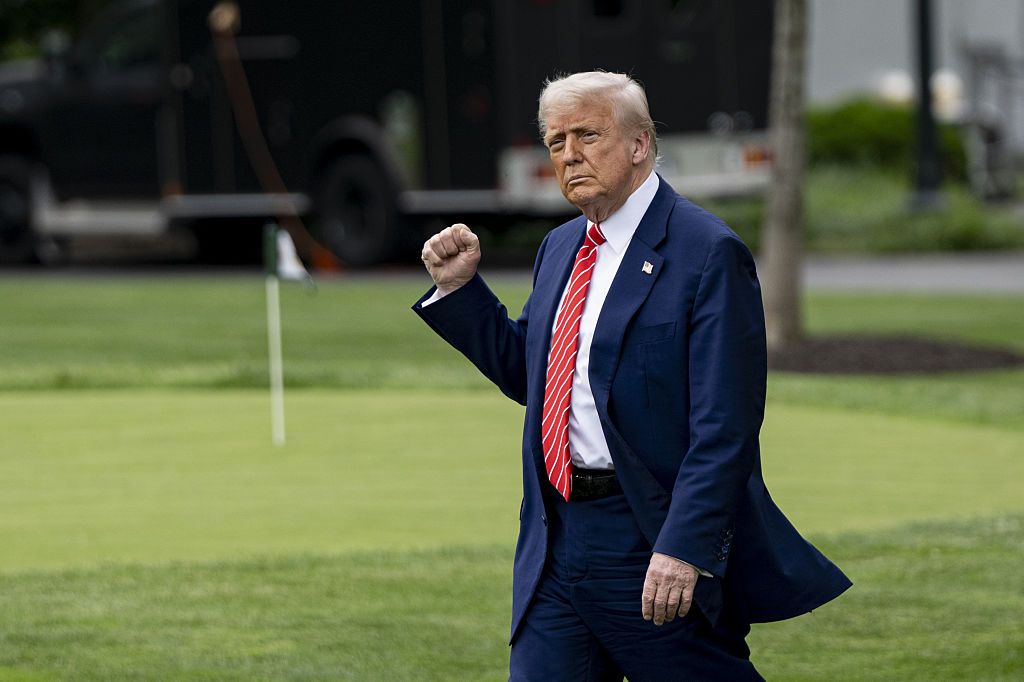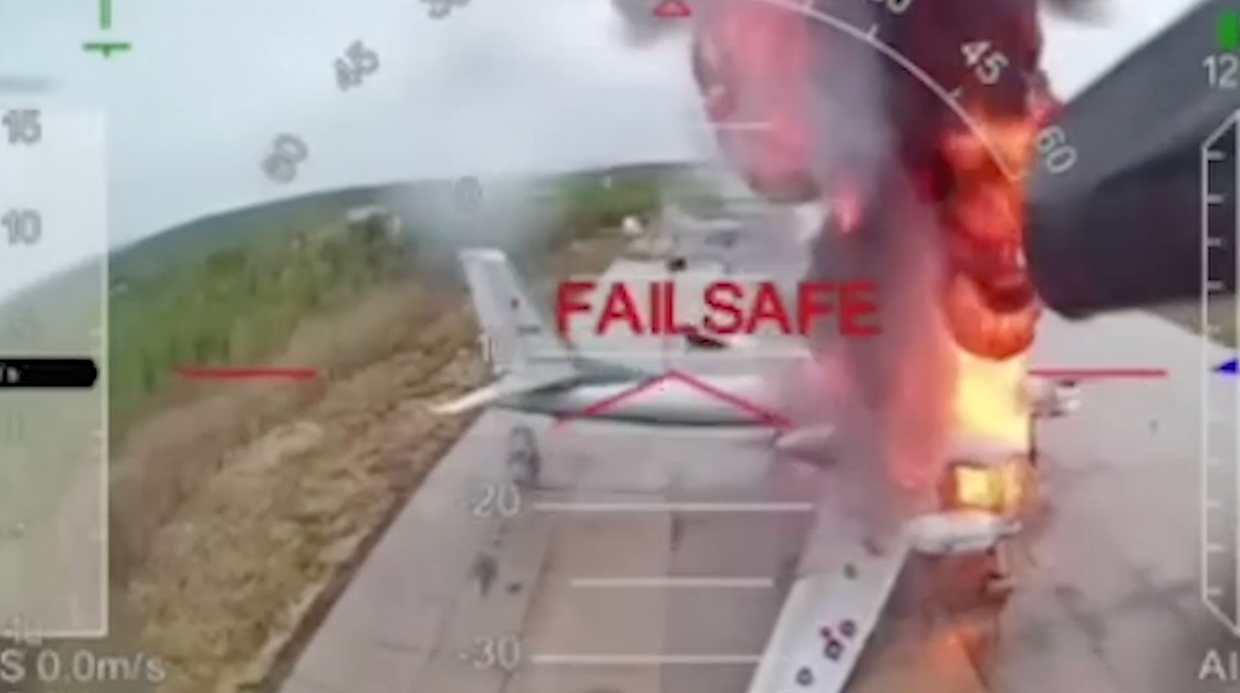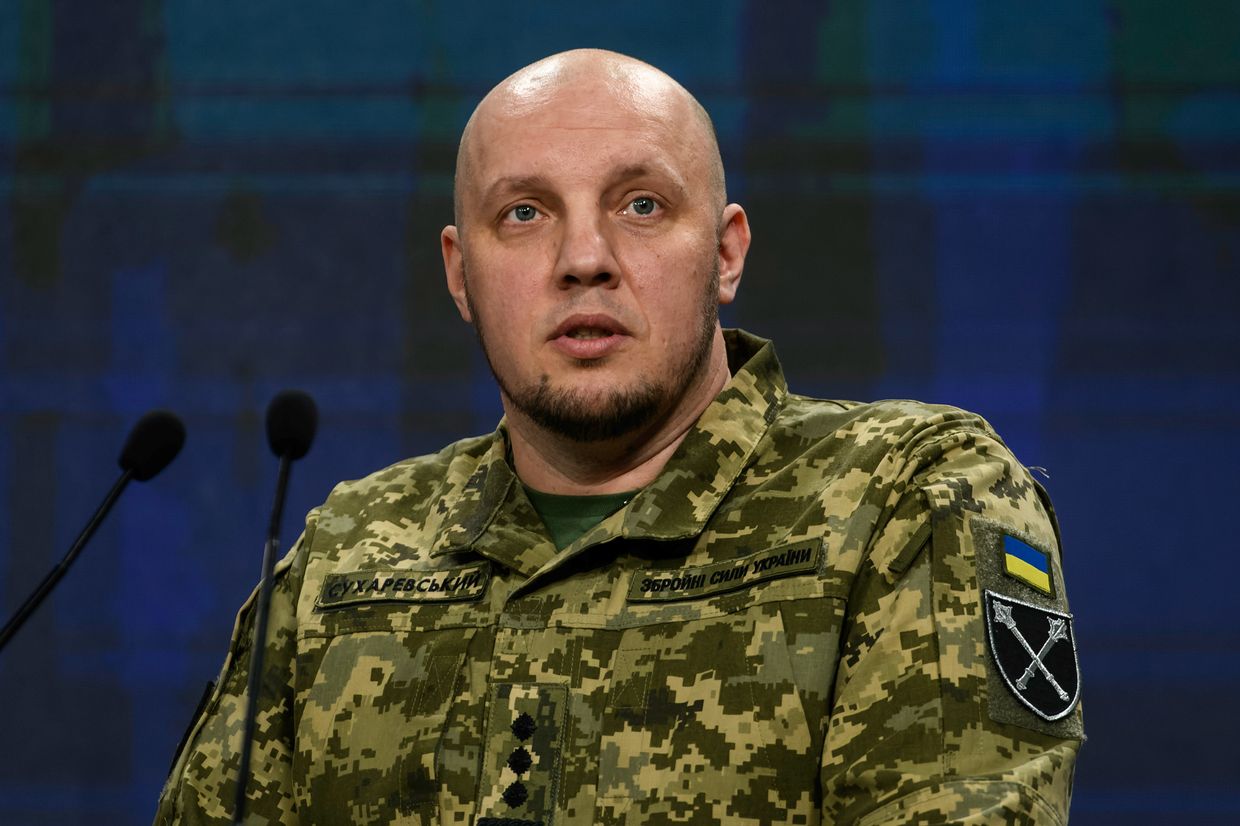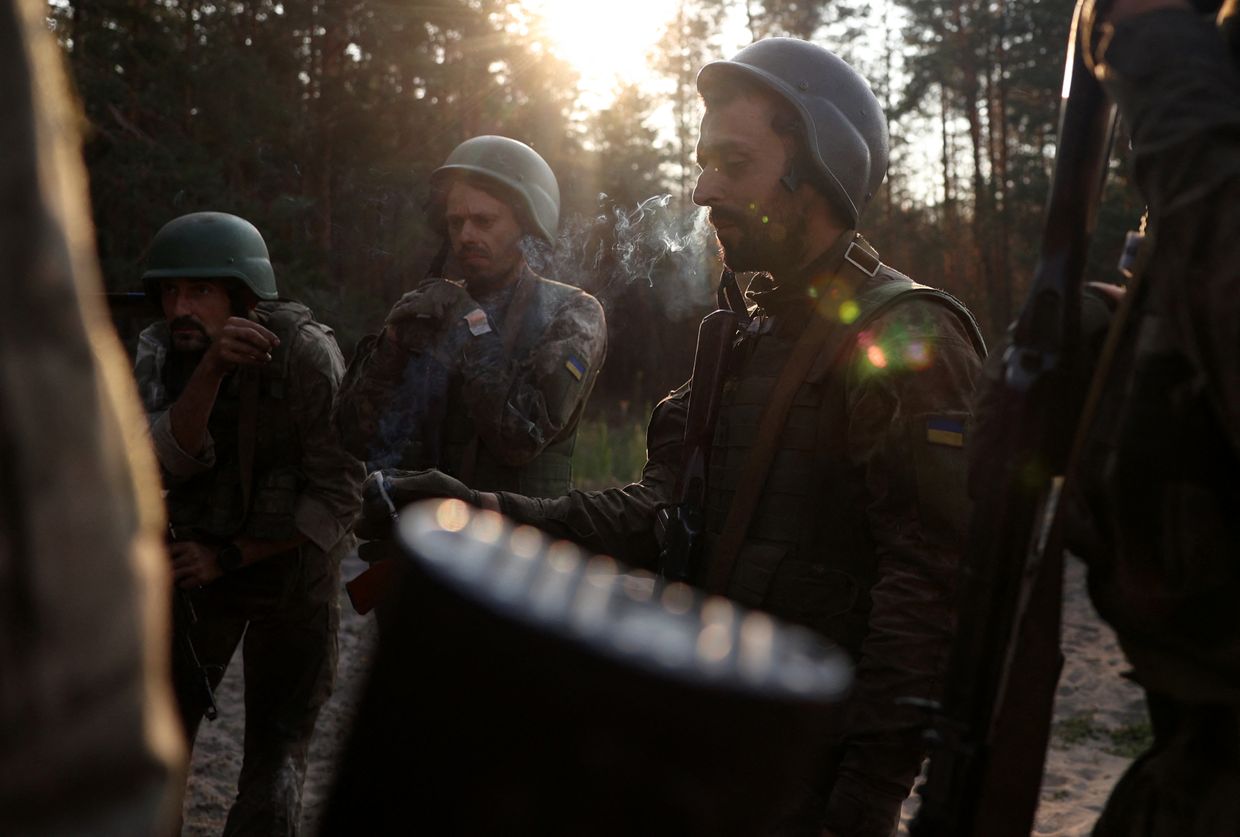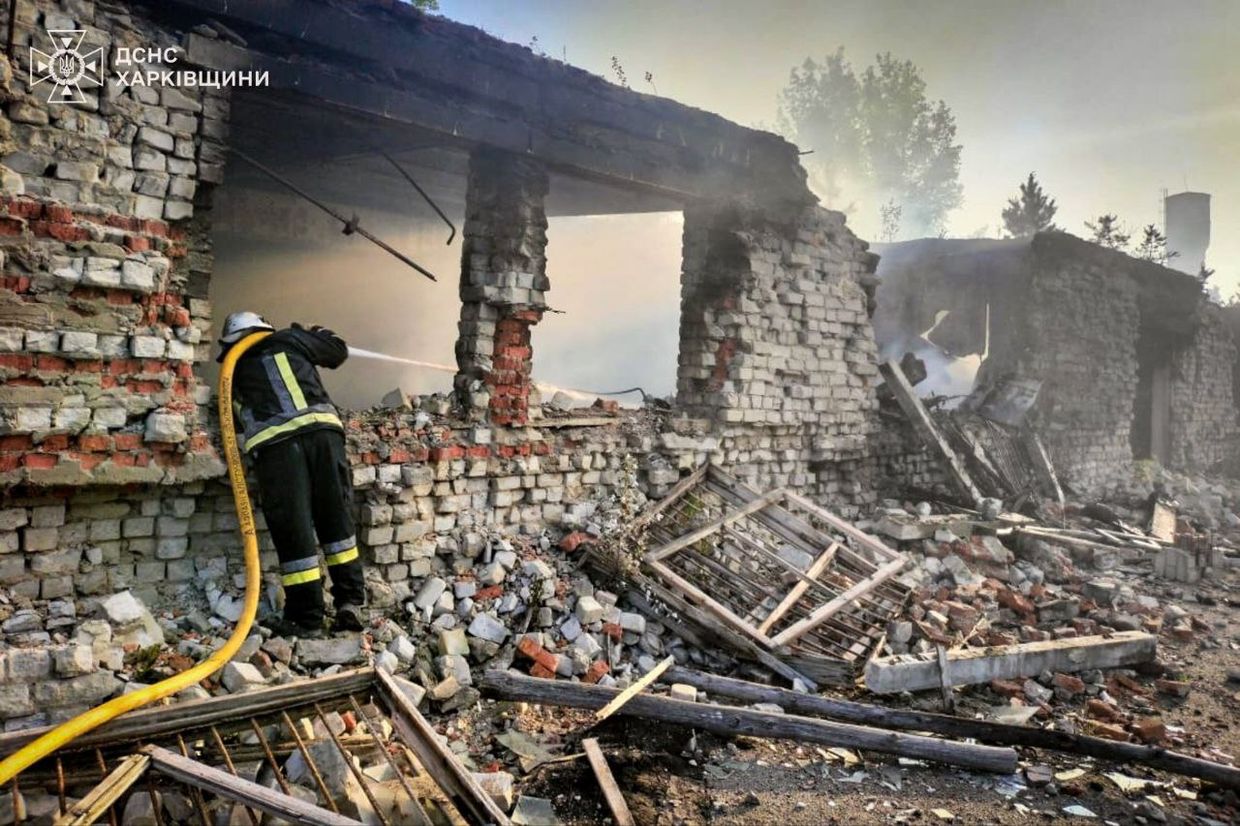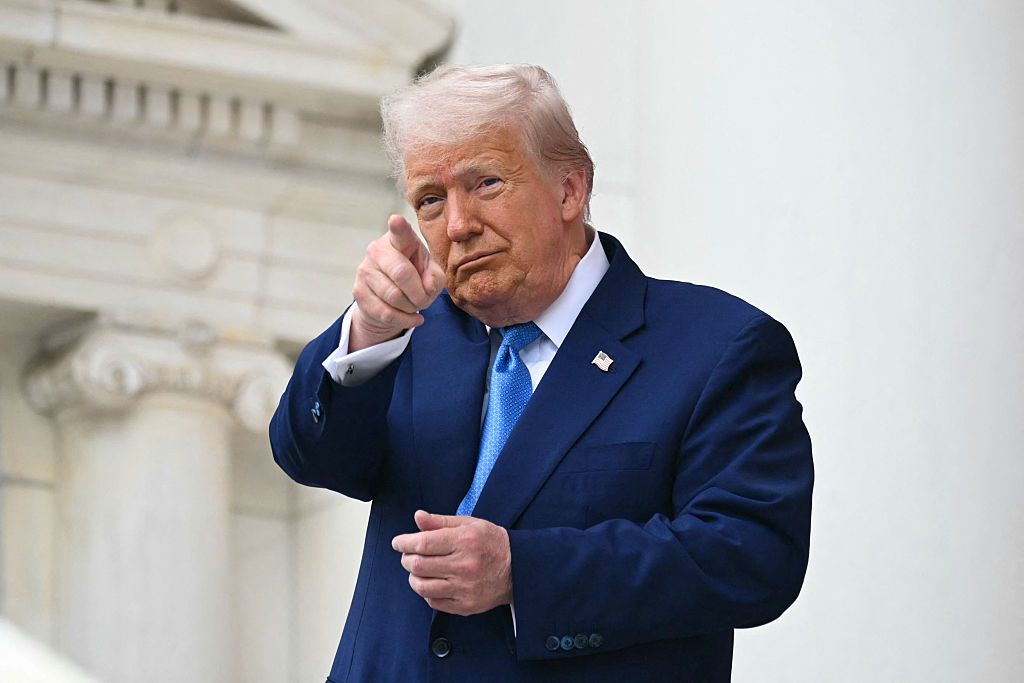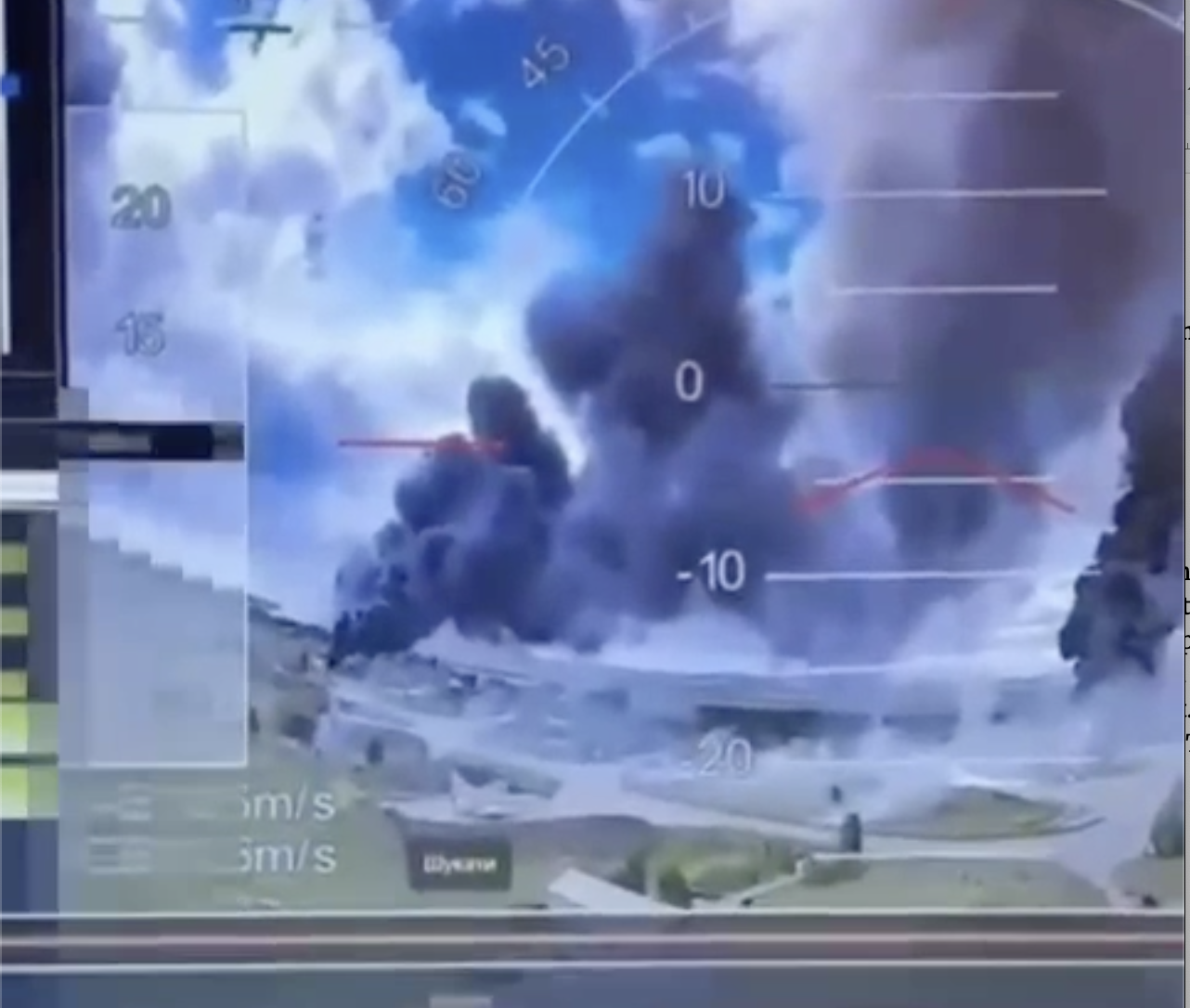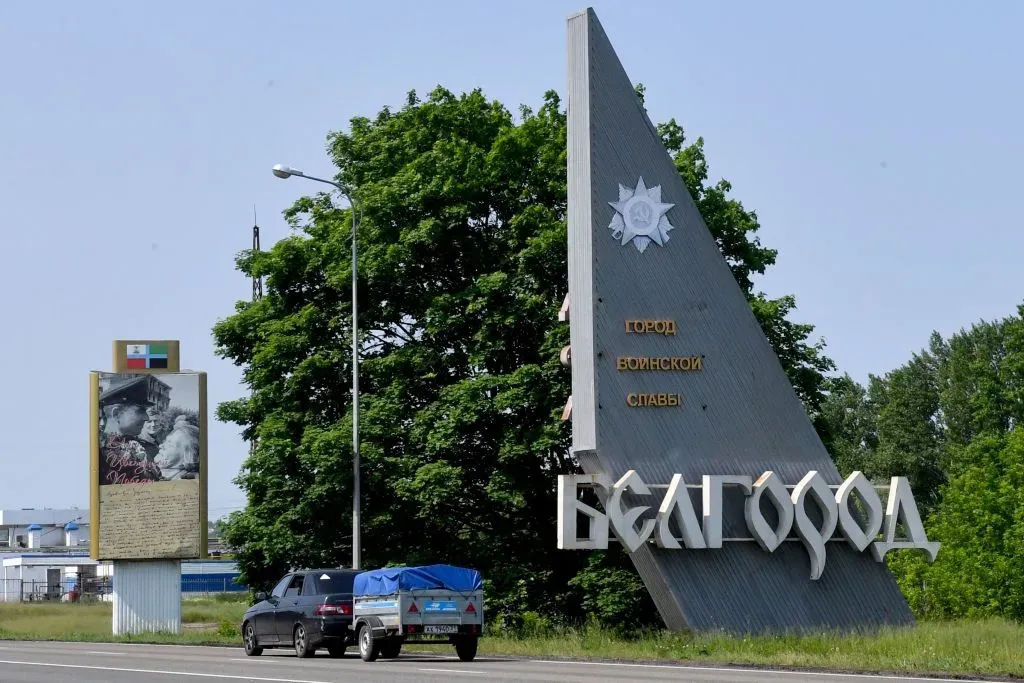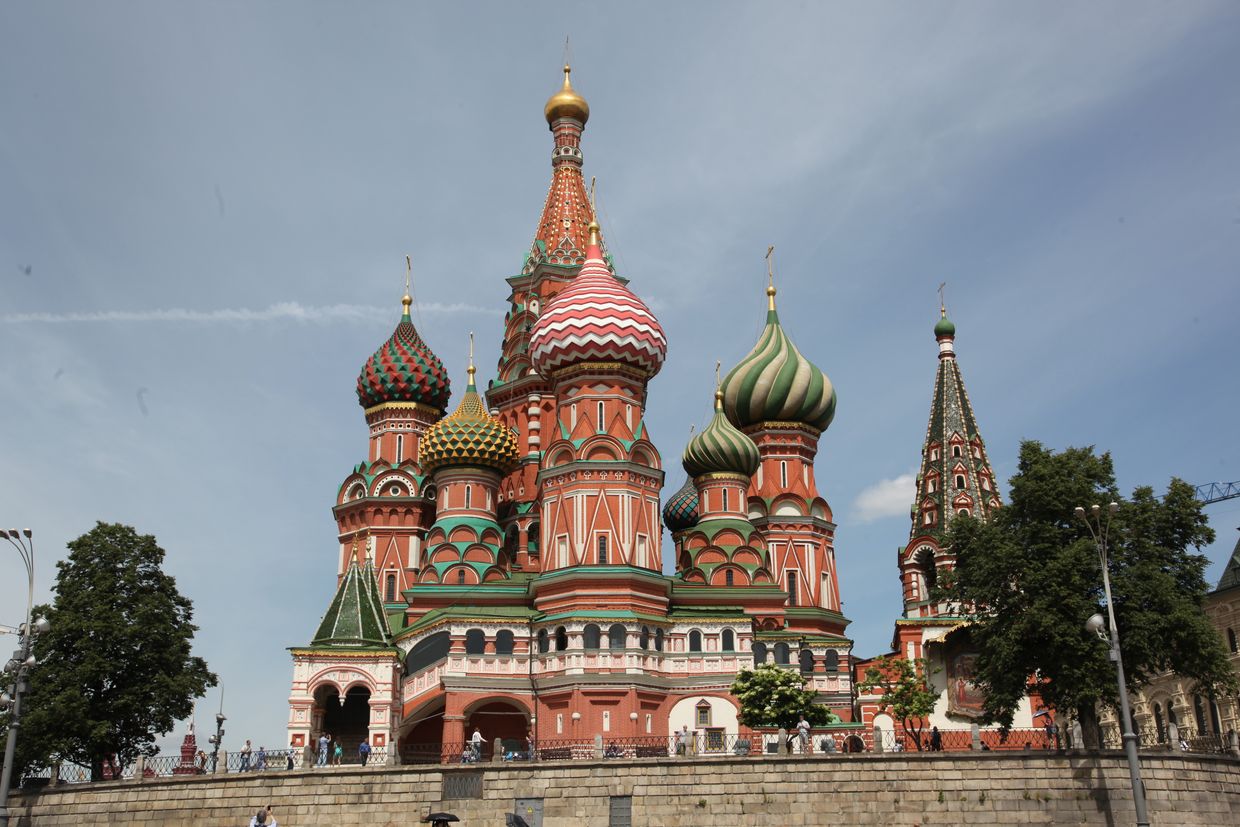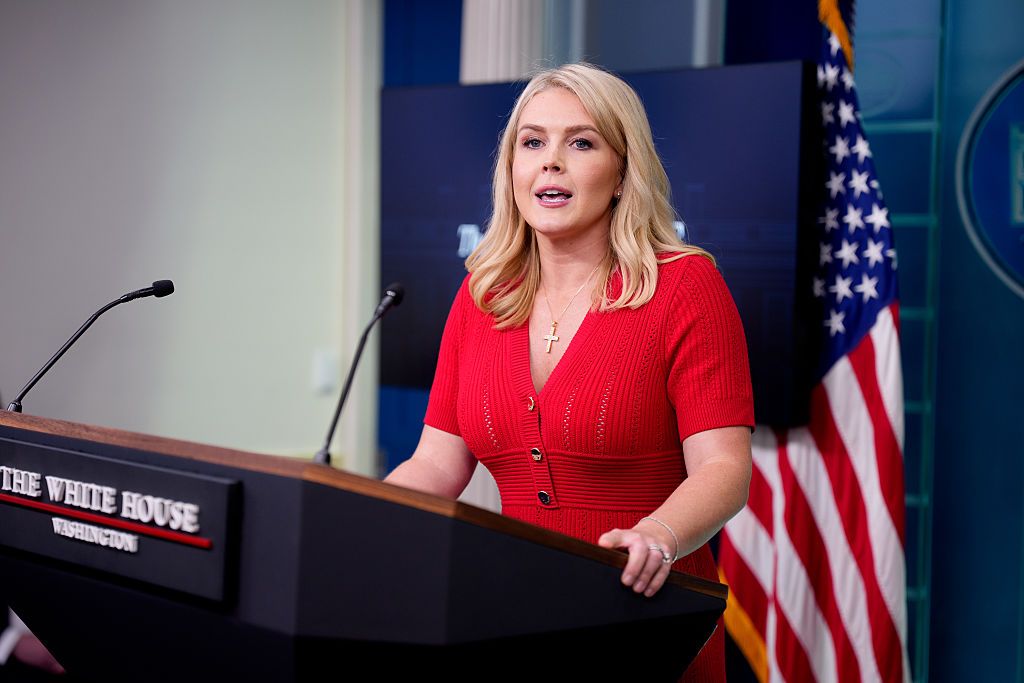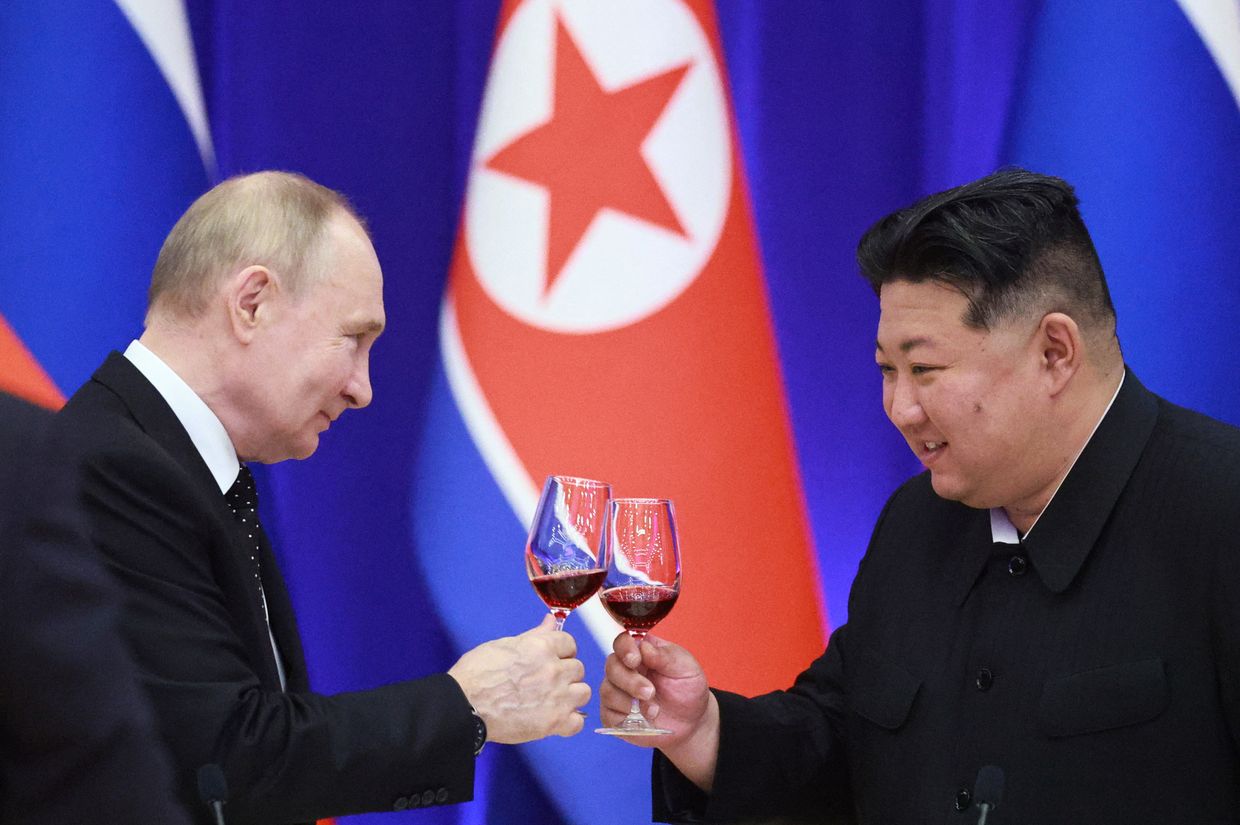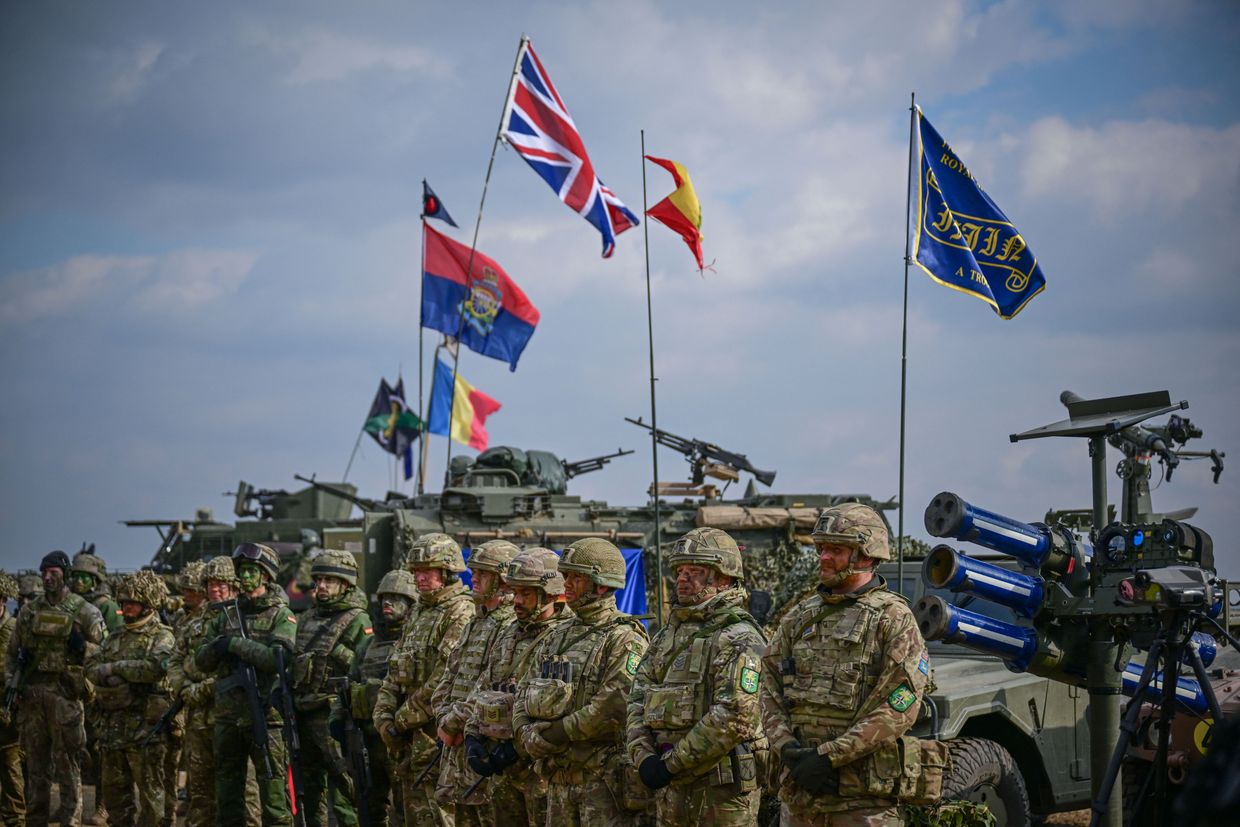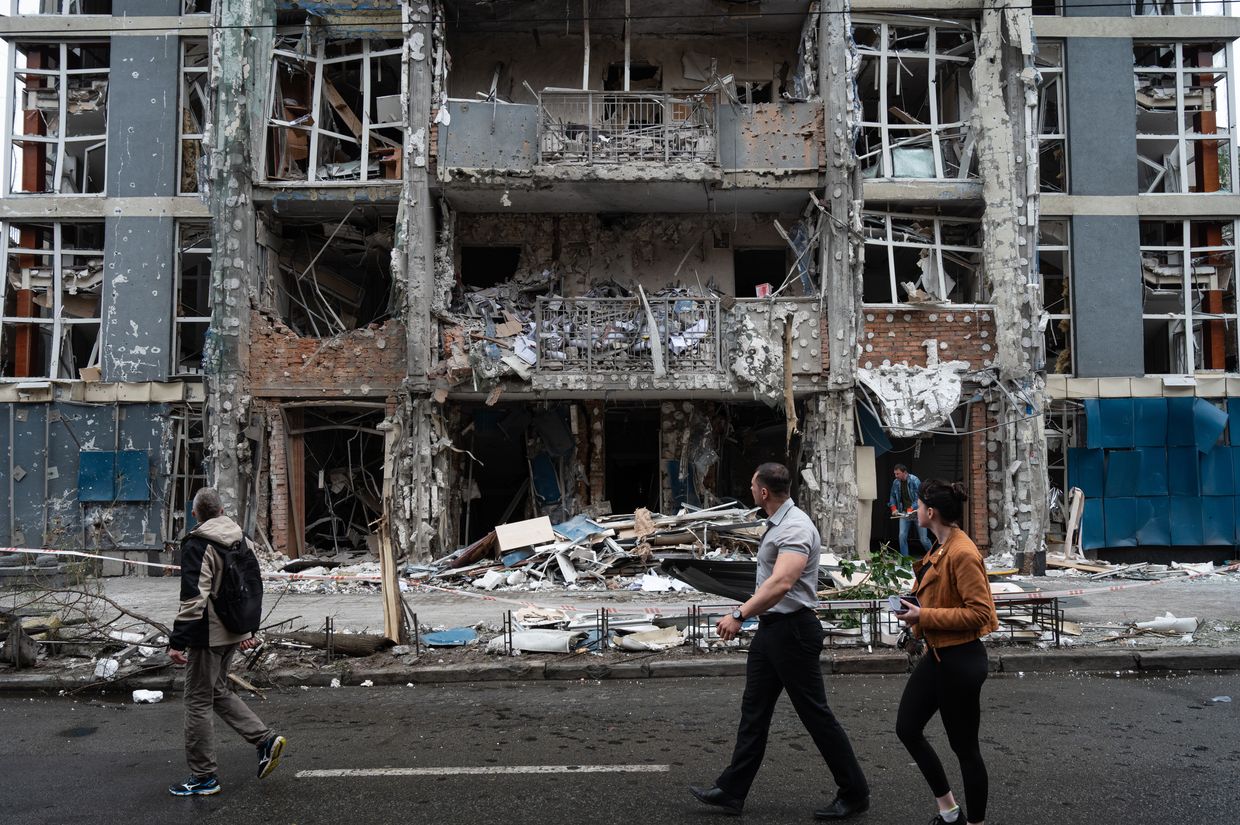NATO summit to sideline Ukraine, focus on flattering Trump, Politico reports
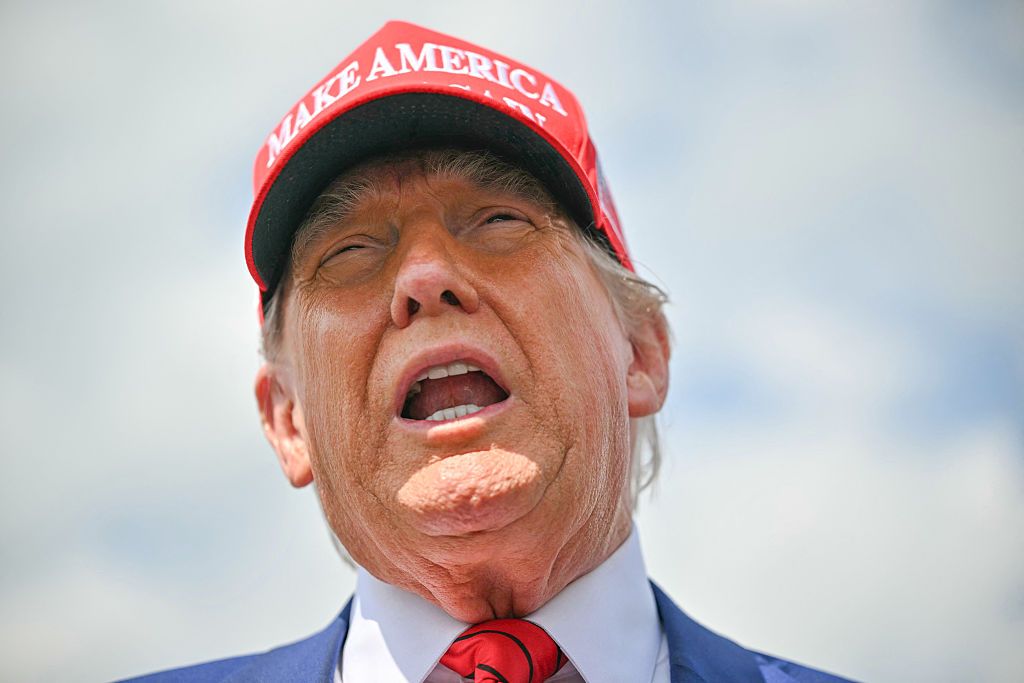
The narrowed focus of the upcoming NATO summit in The Hague — which will have only a single session devoted to defense spending — is designed to appease U.S. President Donald Trump, Politico reported on June 21, citing European defense officials.
NATO leaders will convene in The Hague June 24-25 to discuss raising the alliance's defense spending target to 5% of the GDP — a proposal the U.S. has championed but from whcih it considers itself exempt.
"(Trump) has to get credit for the 5% — that's why we're having the summit," one unnamed European defense official told Politico.
"Everything else is being streamlined to minimize risk."
The organizers of the summit have shortened the meeting from the typical two-day schedule to 24 hours in the hopes of keeping the focus on Trump and deliver a victory to the U.S. president. Trump plans to give an speech at the end of the summit celebrating the new spending benchmark and his own contributions to the pledge.
There will be no meeting of NATO's Ukraine council at the summit.
The European Council confirmed on June 20 that President Volodymyr Zelensky will attend the summit in The Hague, despite media reports that Zelensky was considering skipping the event altogether. The reports followed Zelensky's disappointing venture at the G7 summit in Canada.
While Zelensky hoped to reset relations with the U.S. in a third face-to-face meeting with Trump, he never got the chance. Trump abruptly left the G7 summit, claiming he had to focus on the escalating conflict between Israel and Iran.
The Ukraine council's absence from the upcoming summit represents another concession to Trump, whose attention has shifted to the Middle East and who continues to refuse to impose sanctions on Russia.
Trump has also been unable to fulfill his promises to end the war in Ukraine. Six months of U.S. peacekeeping efforts under the Trump administration have brought a ceasefire no closer, as Russia escalates attacks and the civilian death toll climbs.
Convening NATO's Ukraine council could draw attention to Trump's ongoing failure, Politico reported.
"The priority is really to announce success in The Hague," a European official said. "The longer-term perspective is less important."
Trump's "America First" doctrine has repeatedly cast doubt on Washington's commitment to transatlantic alliances, especially NATO. In recent years, Trump has alarmed member states by questioning whether the U.S. should defend alliance members that do not meet military spending benchmarks.
Trump has also signaled that the U.S. will no longer be Ukraine's main ally in its defense against Russia and has called on European countries to shoulder the burden of supporting Ukraine.
While NATO summits in recent years have focused heavily on Russia's full-scale war in Ukraine, this year's joint communique may exclude references to the war altogether. NATO Secretary General Mark Rutte on June 9 admitted that the language may not be included in the statement, but insisted the alliance remained committed to Ukraine's future membership.
"The irreversible path of Ukraine into NATO is there, and it is my assumption that it is still there after the summit," Rutte said. "Whether it is again in the communique or not, I think that's not relevant, because all the language we previously agreed on is there — until we decide it is no longer there."
 The Kyiv IndependentLinda Hourani
The Kyiv IndependentLinda Hourani
